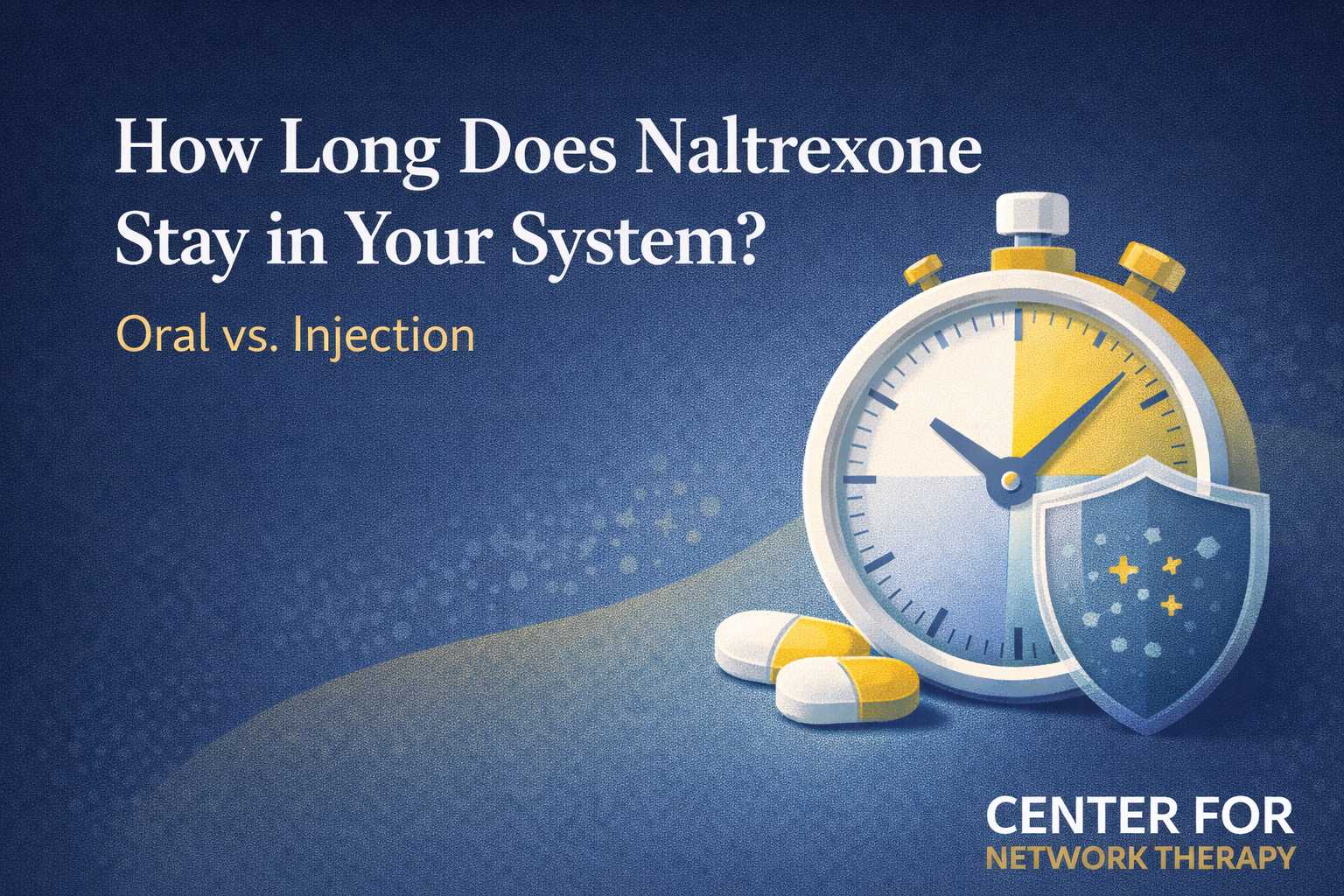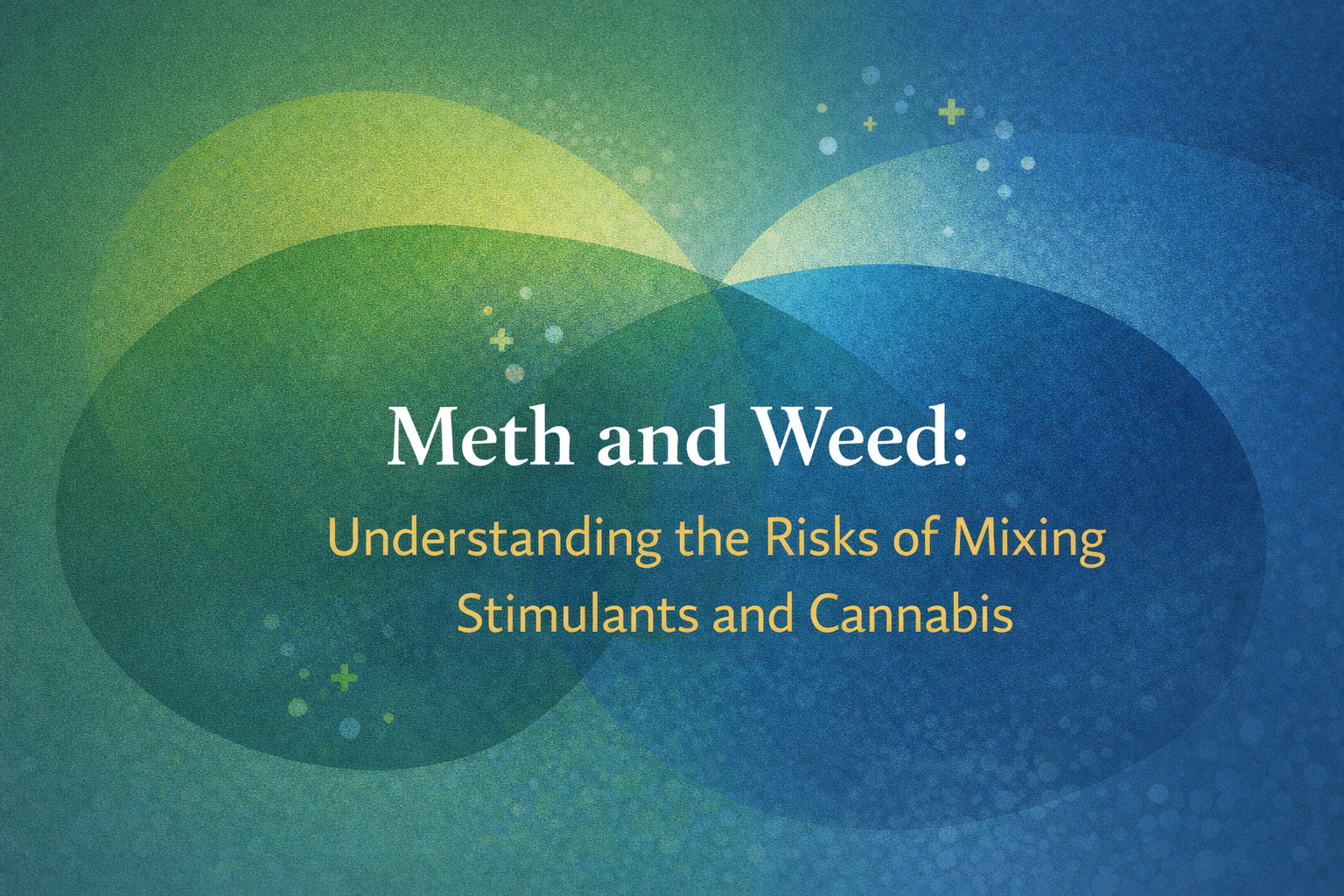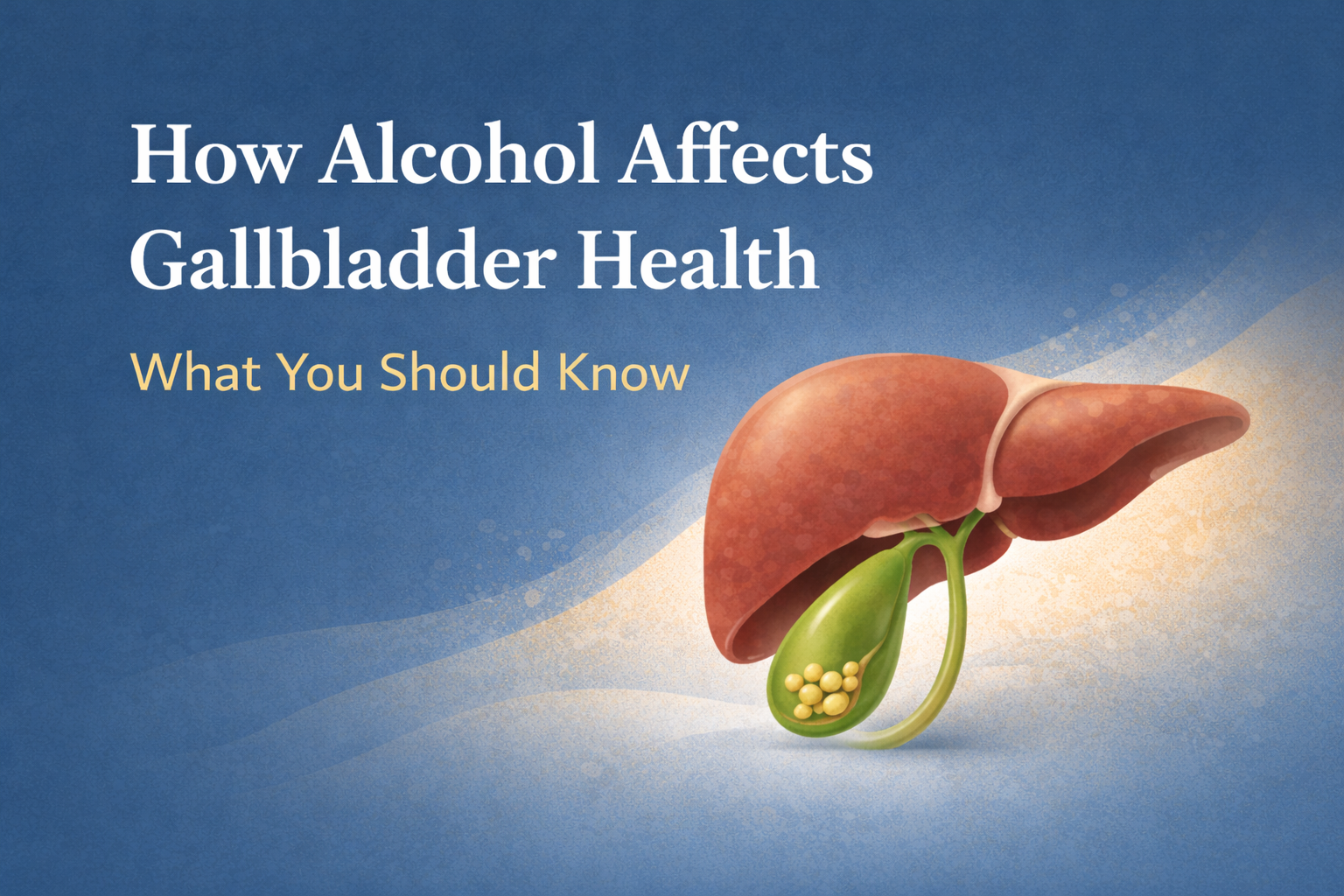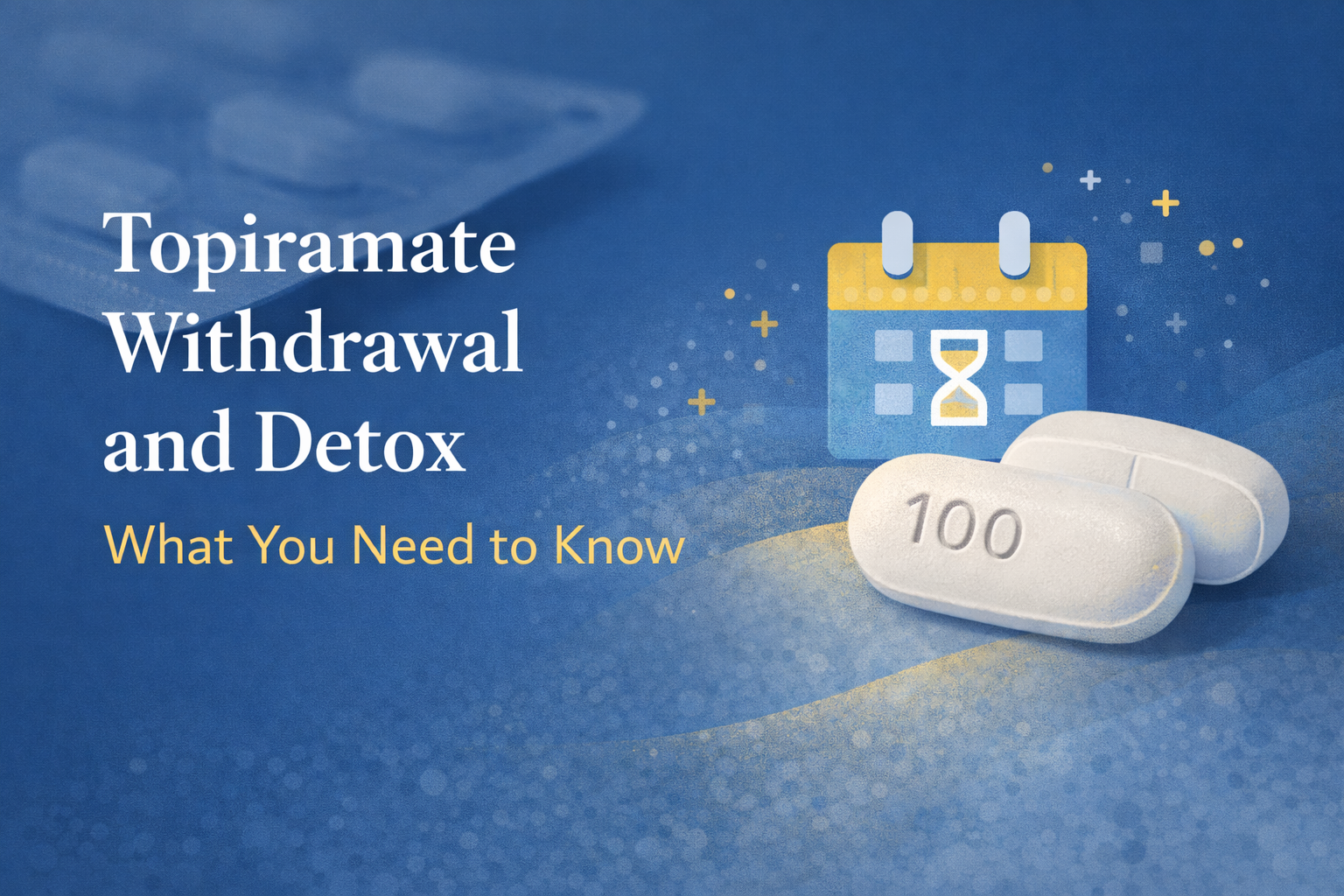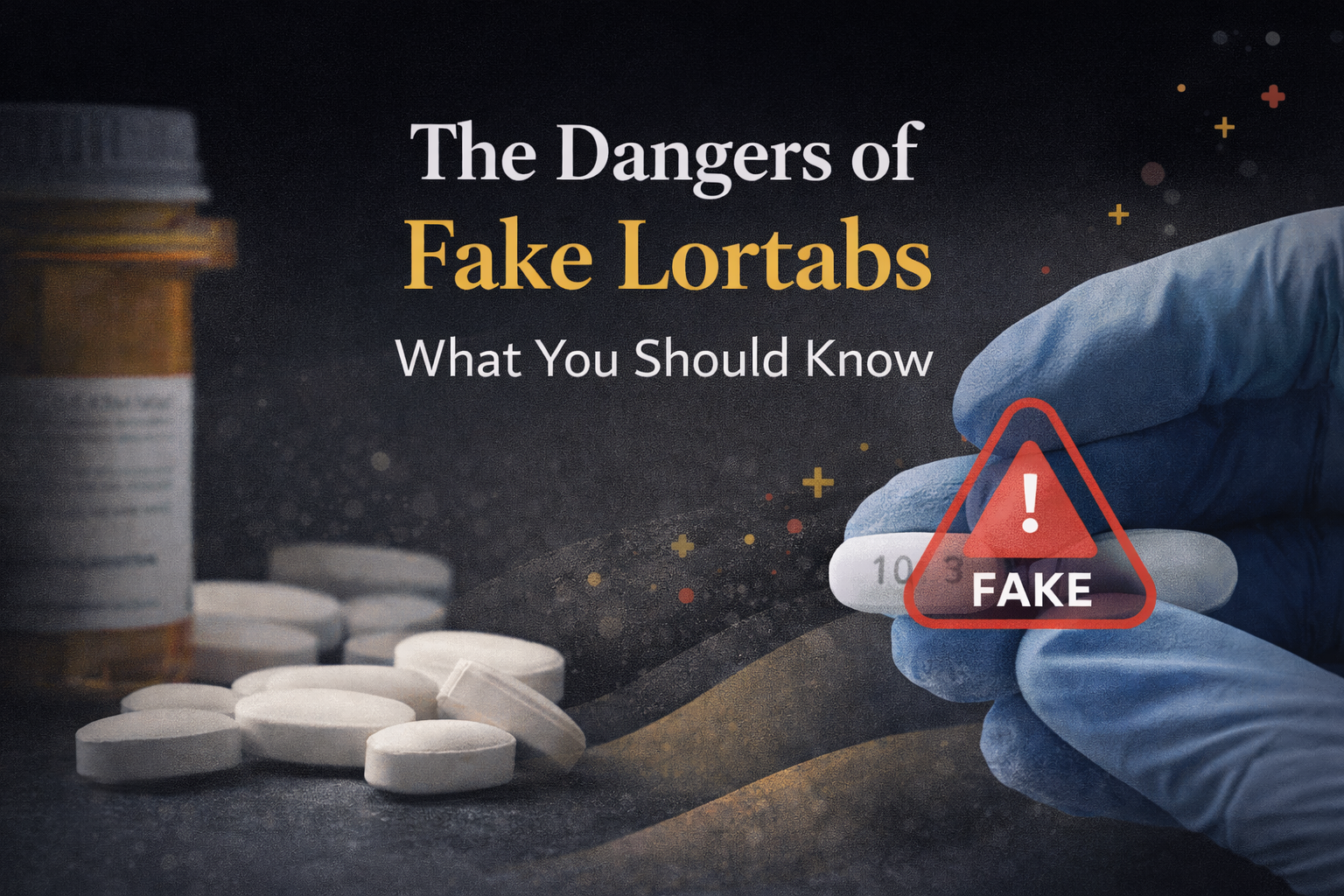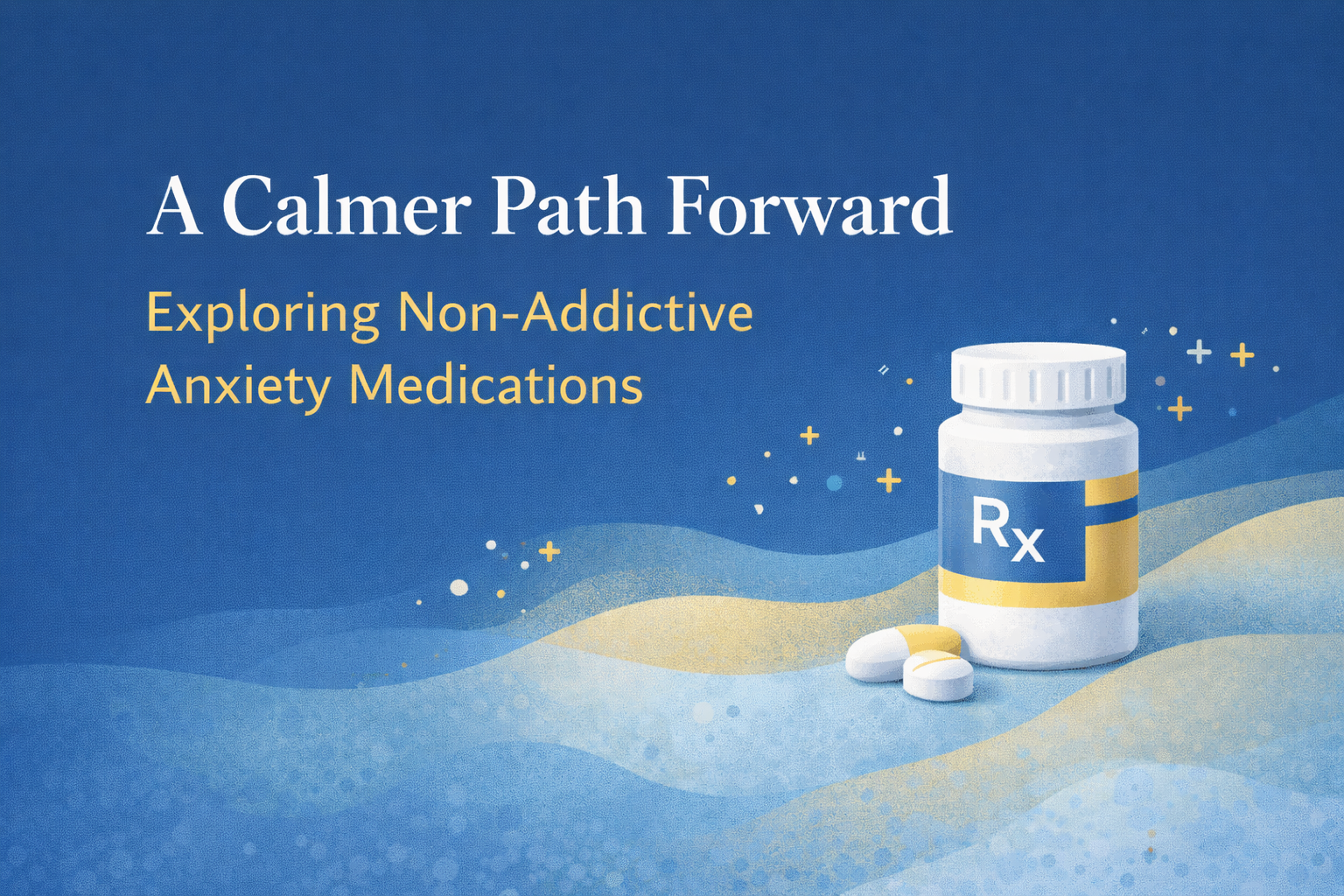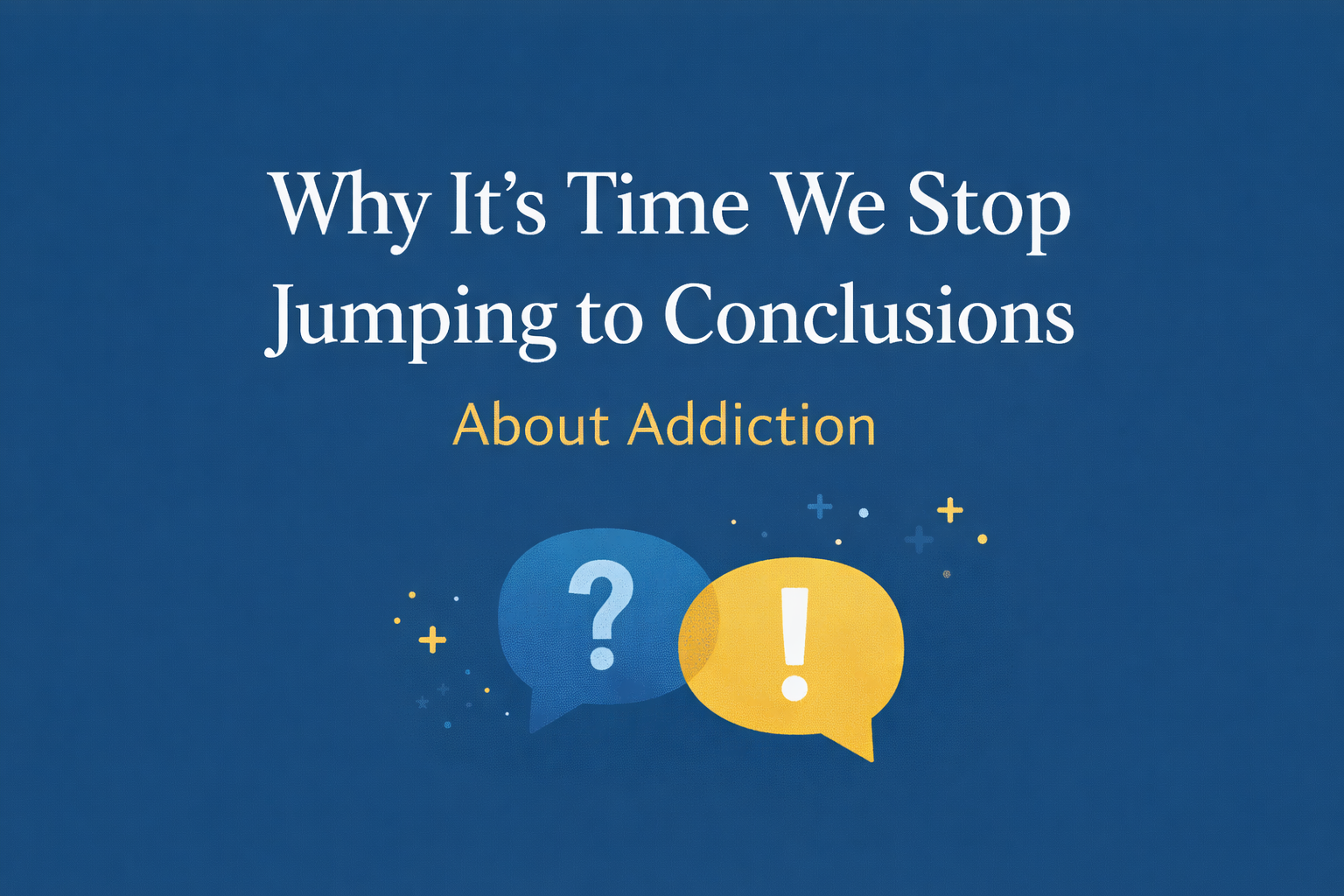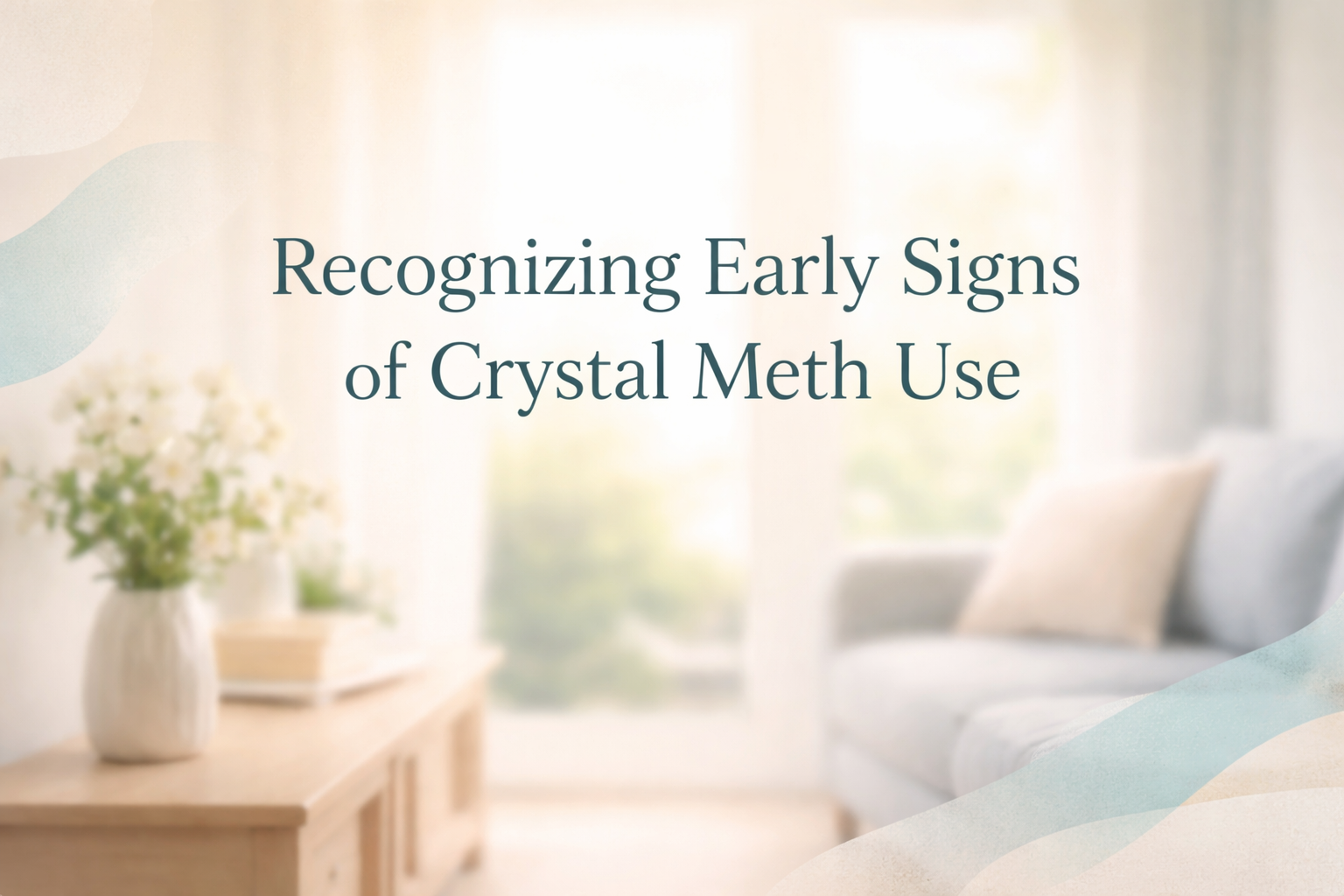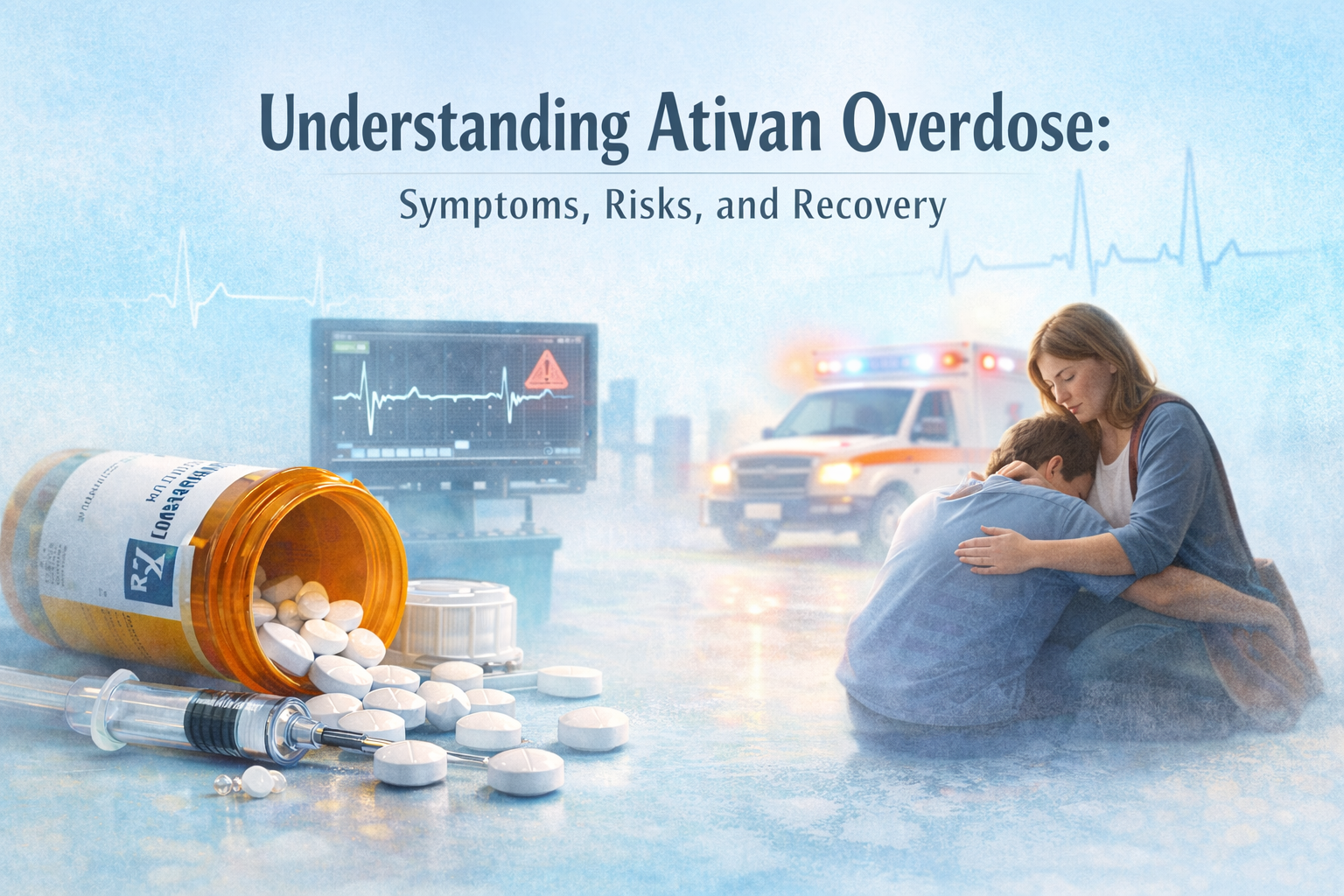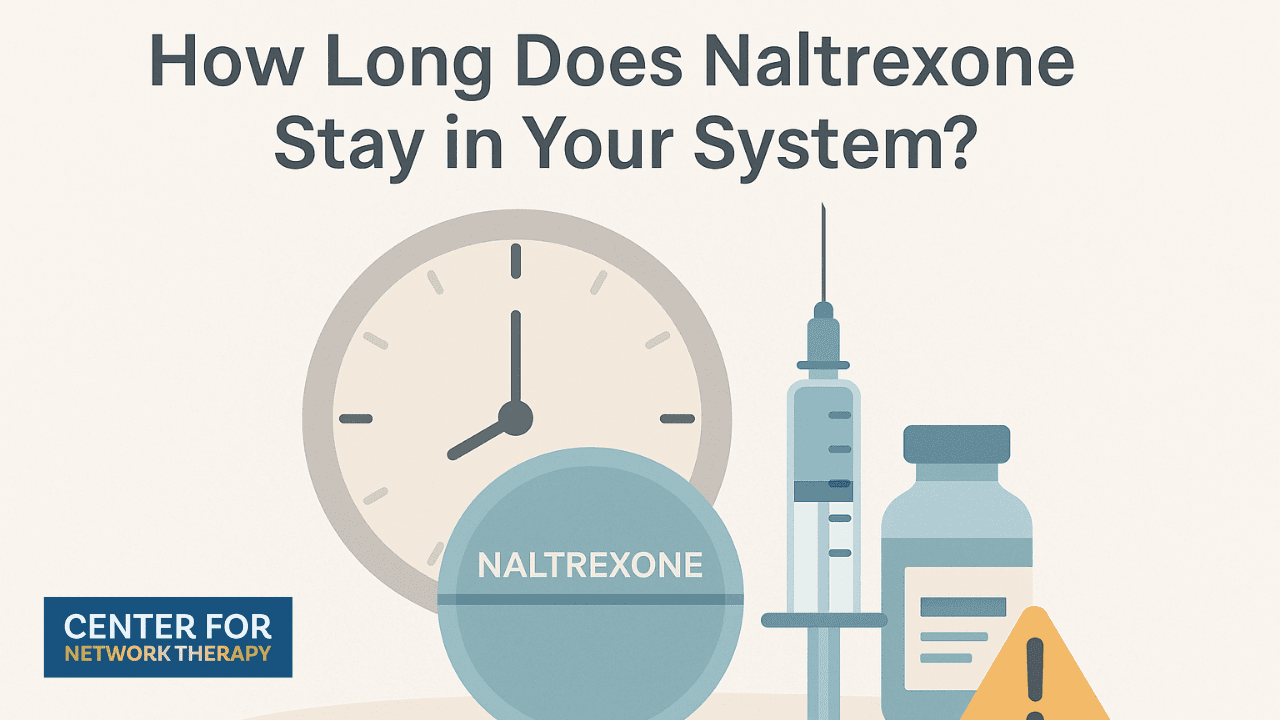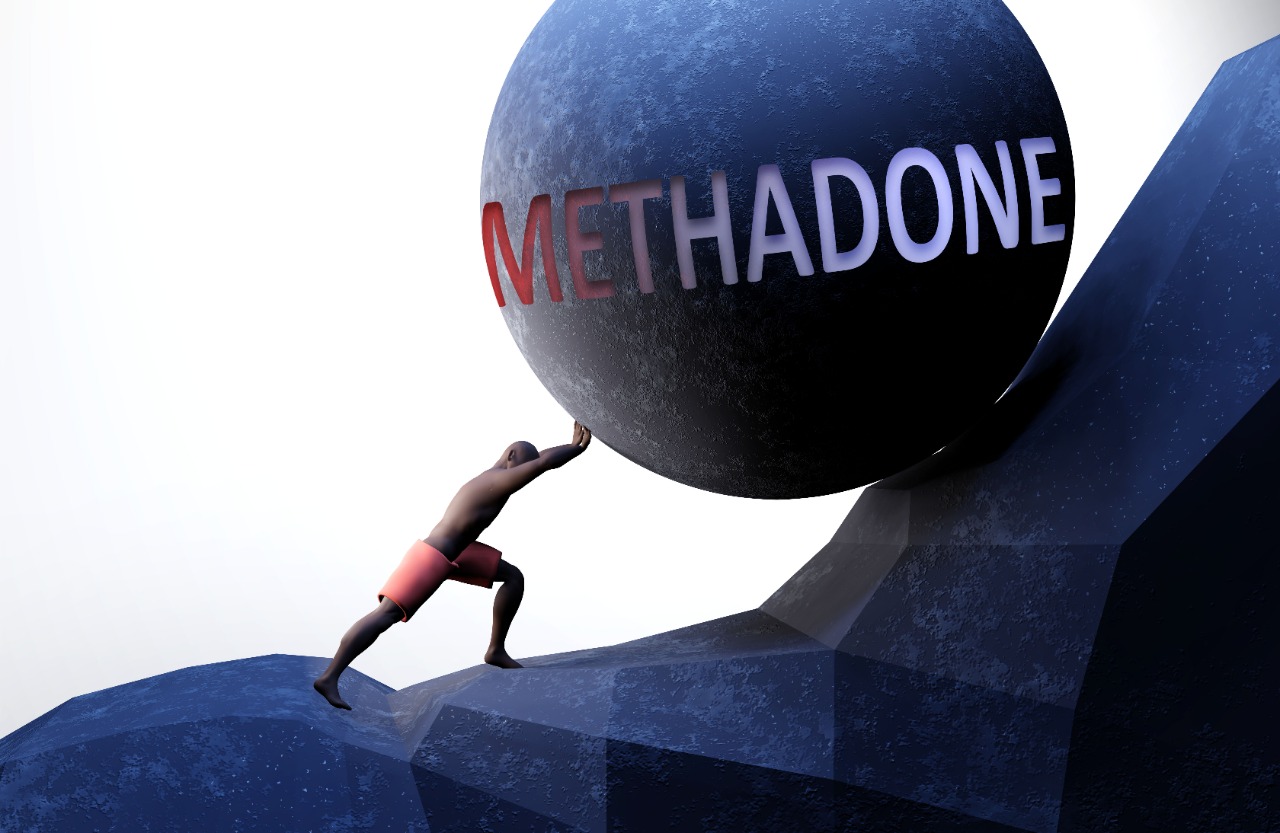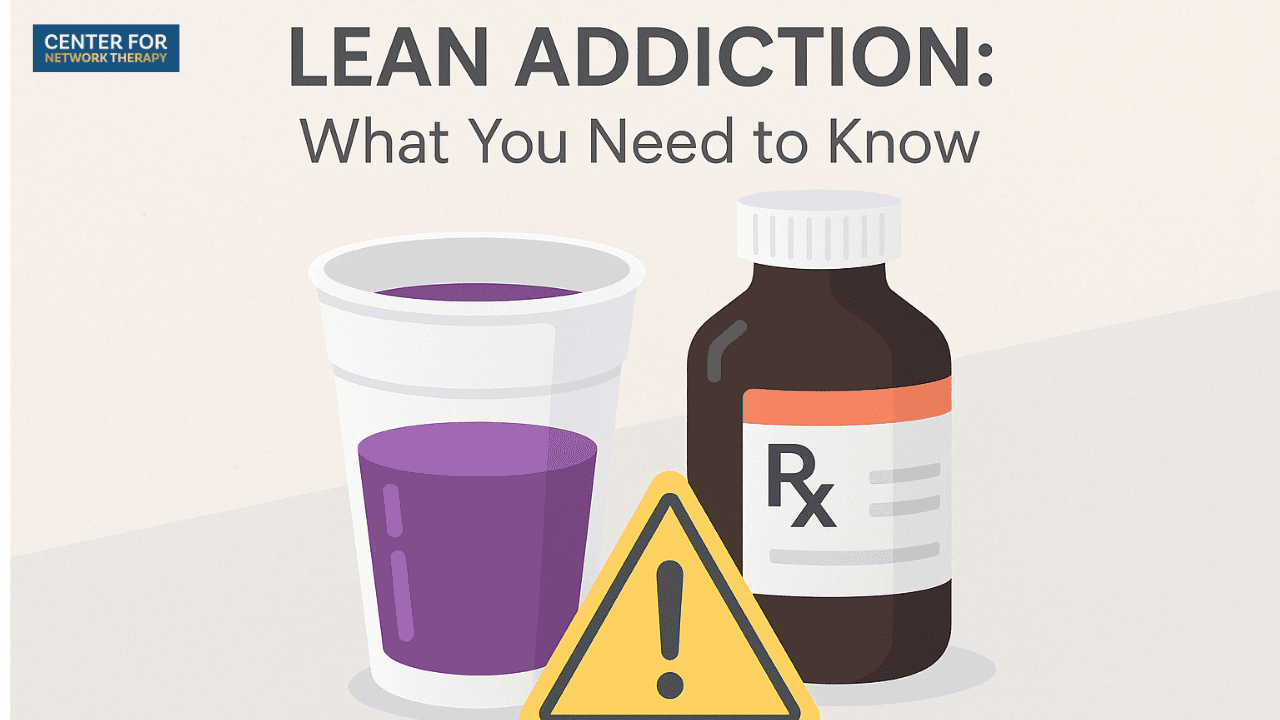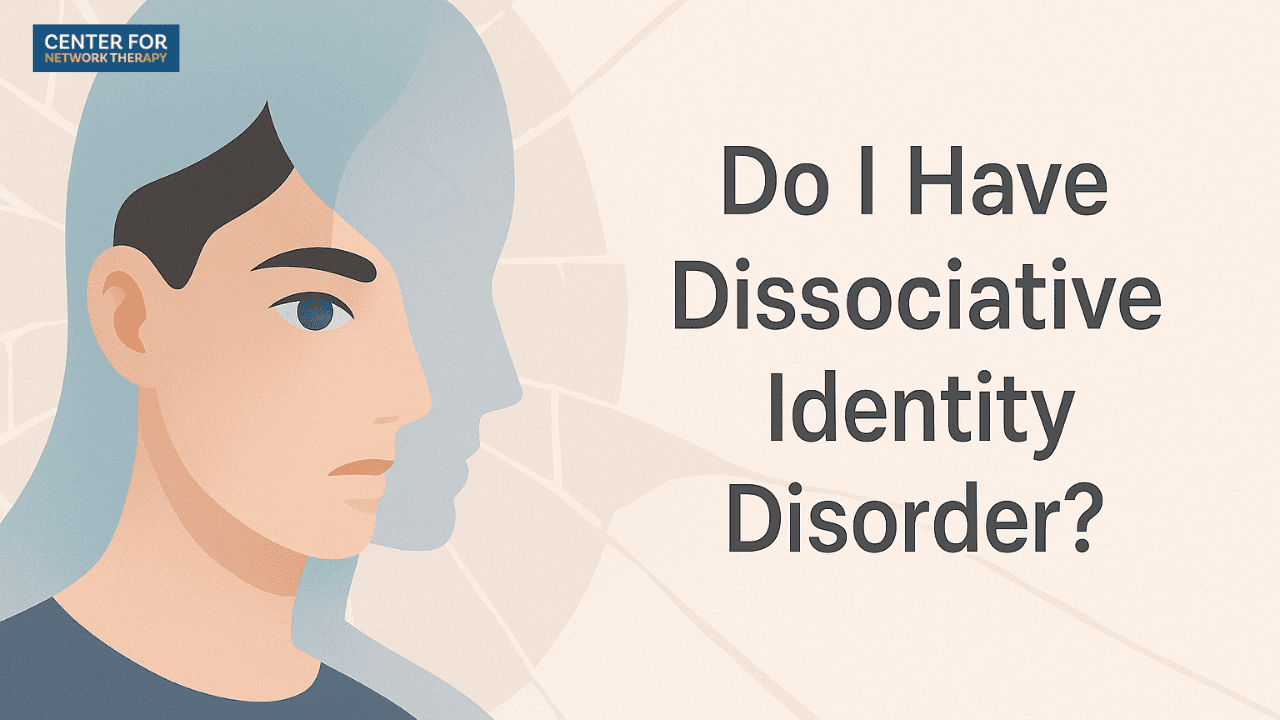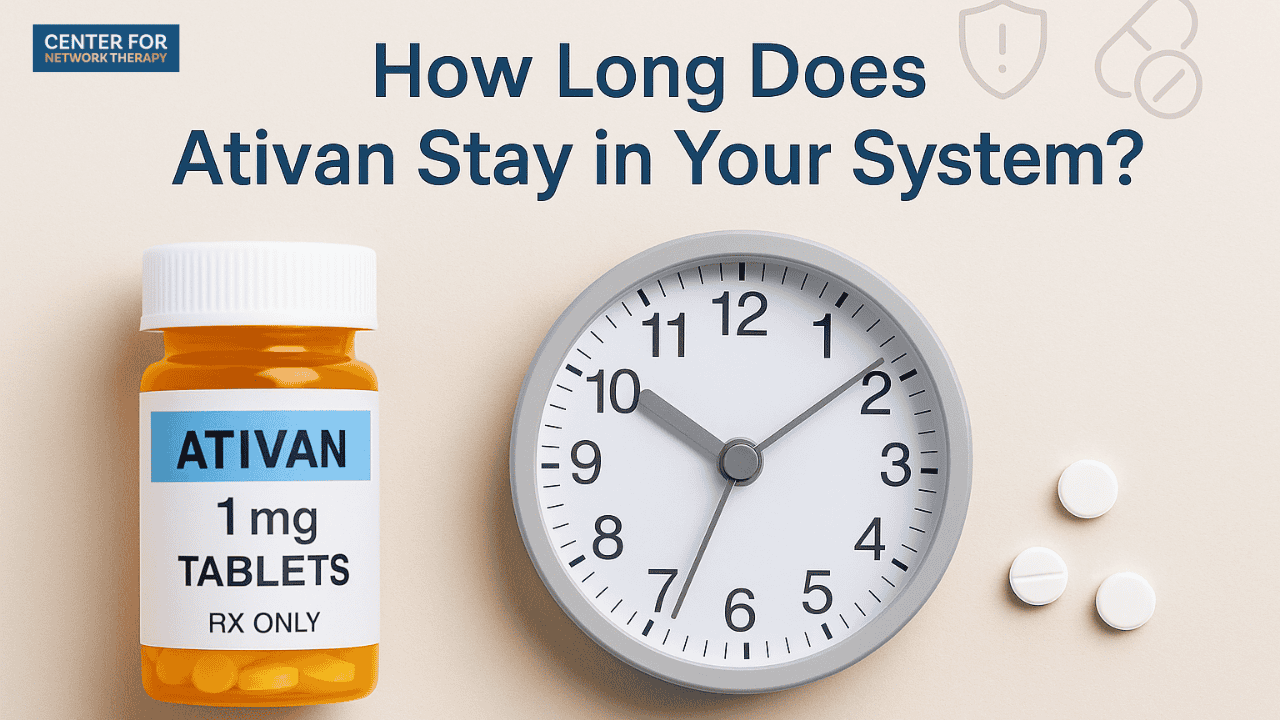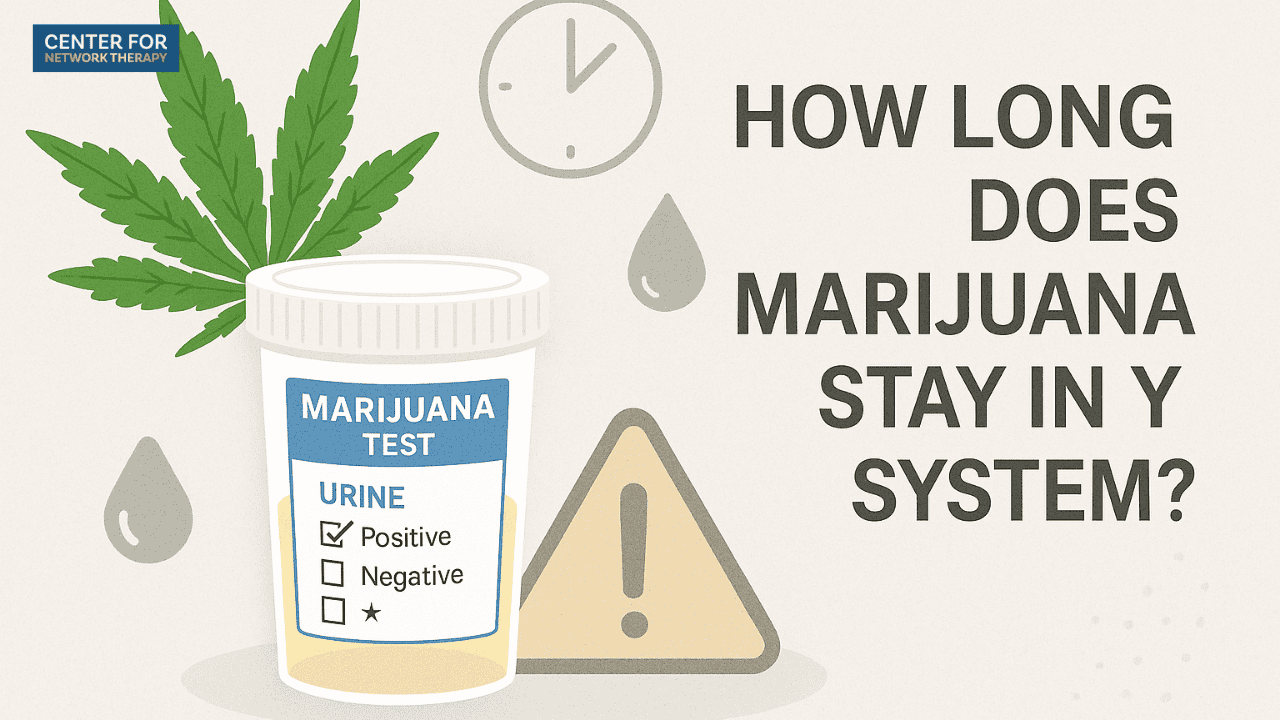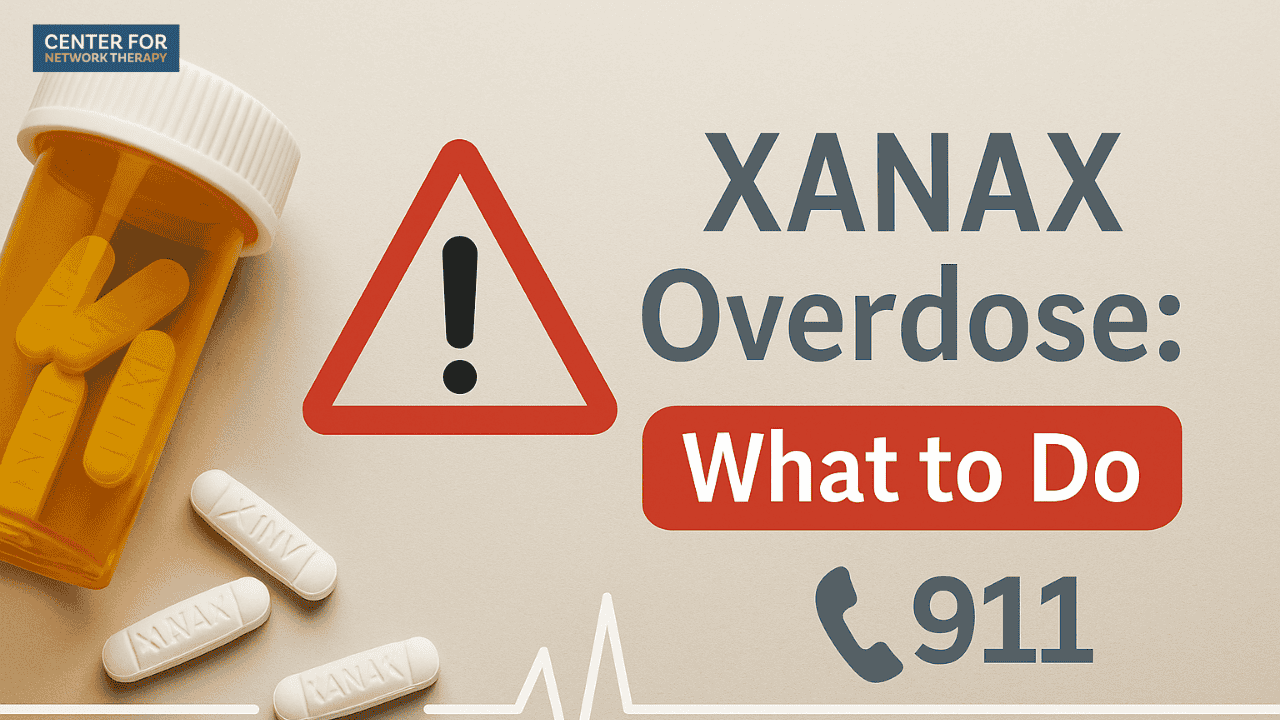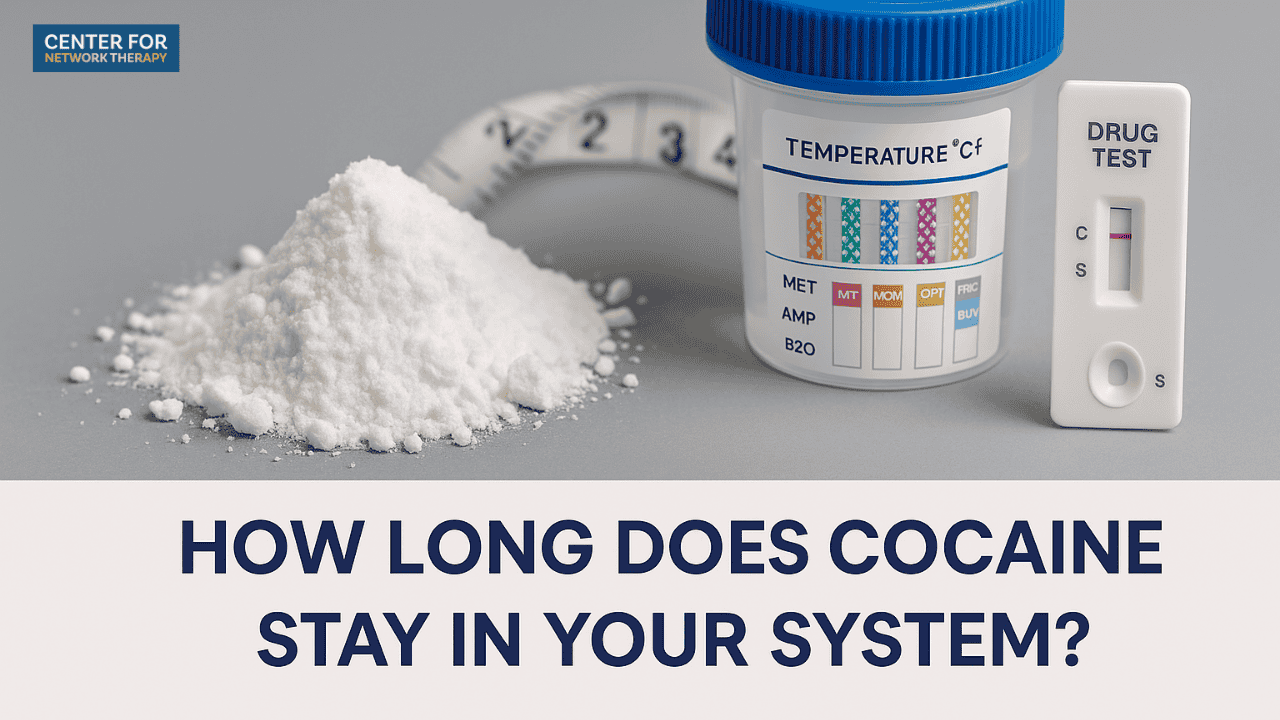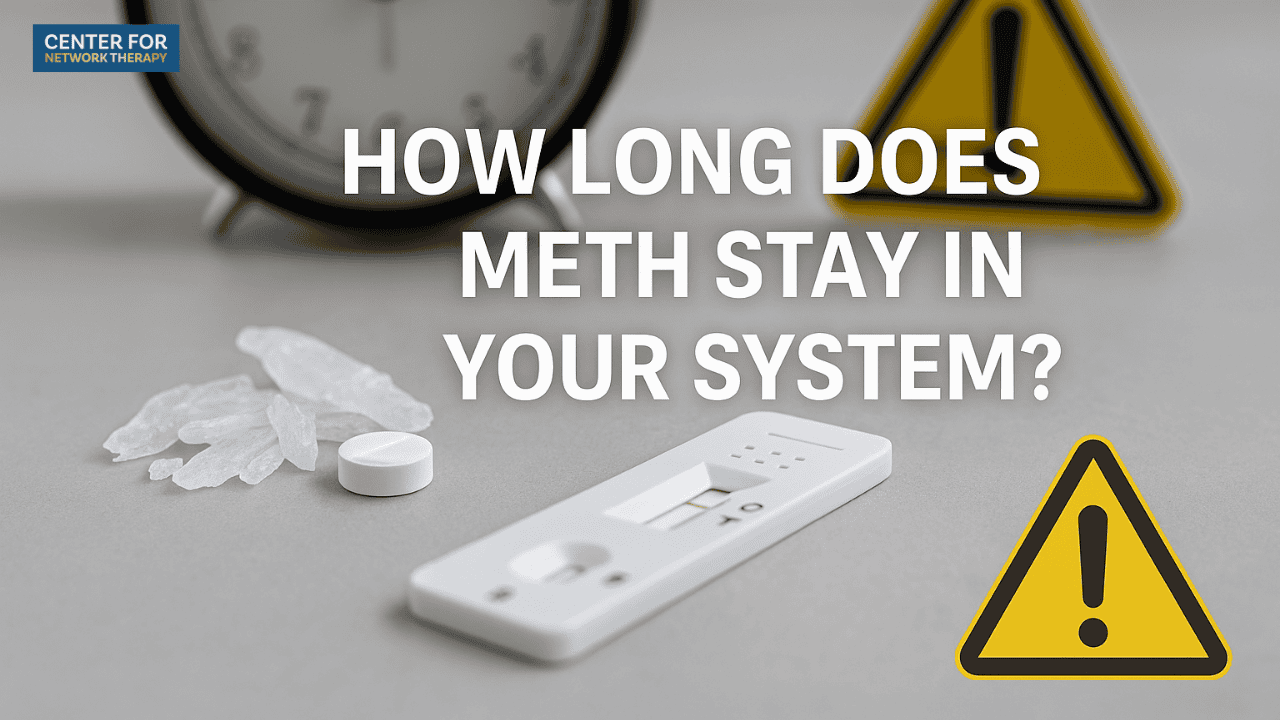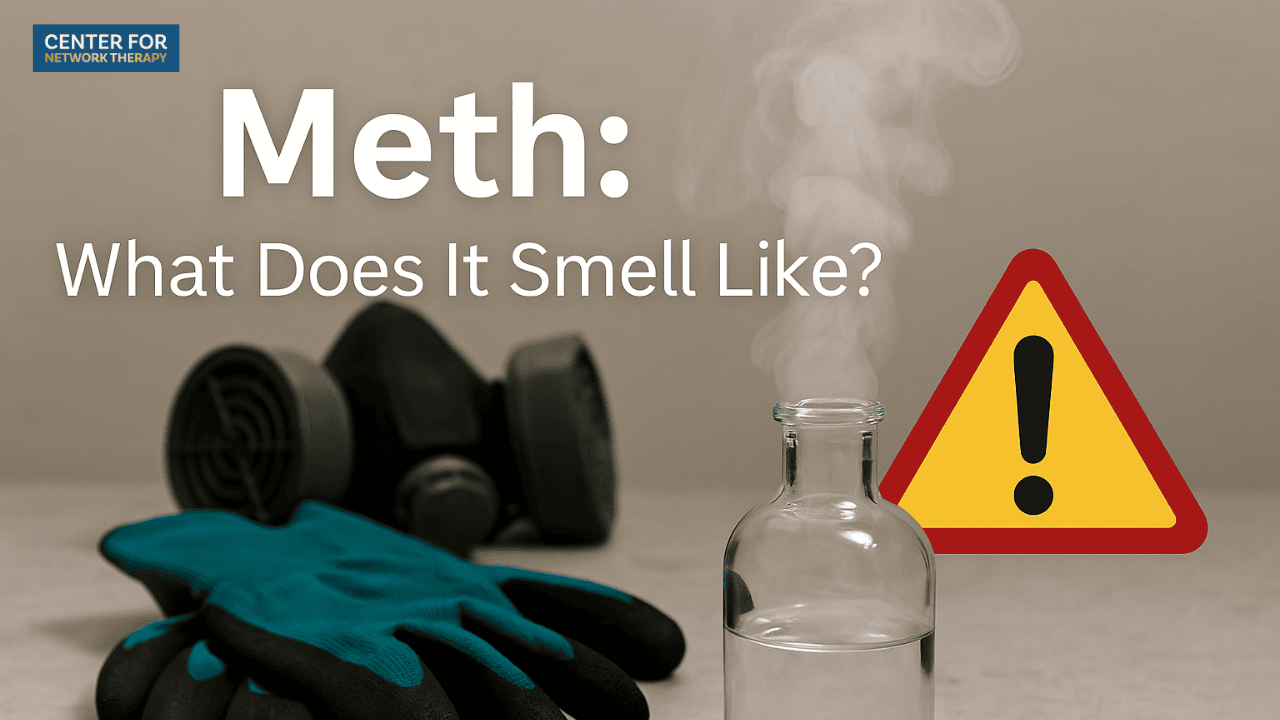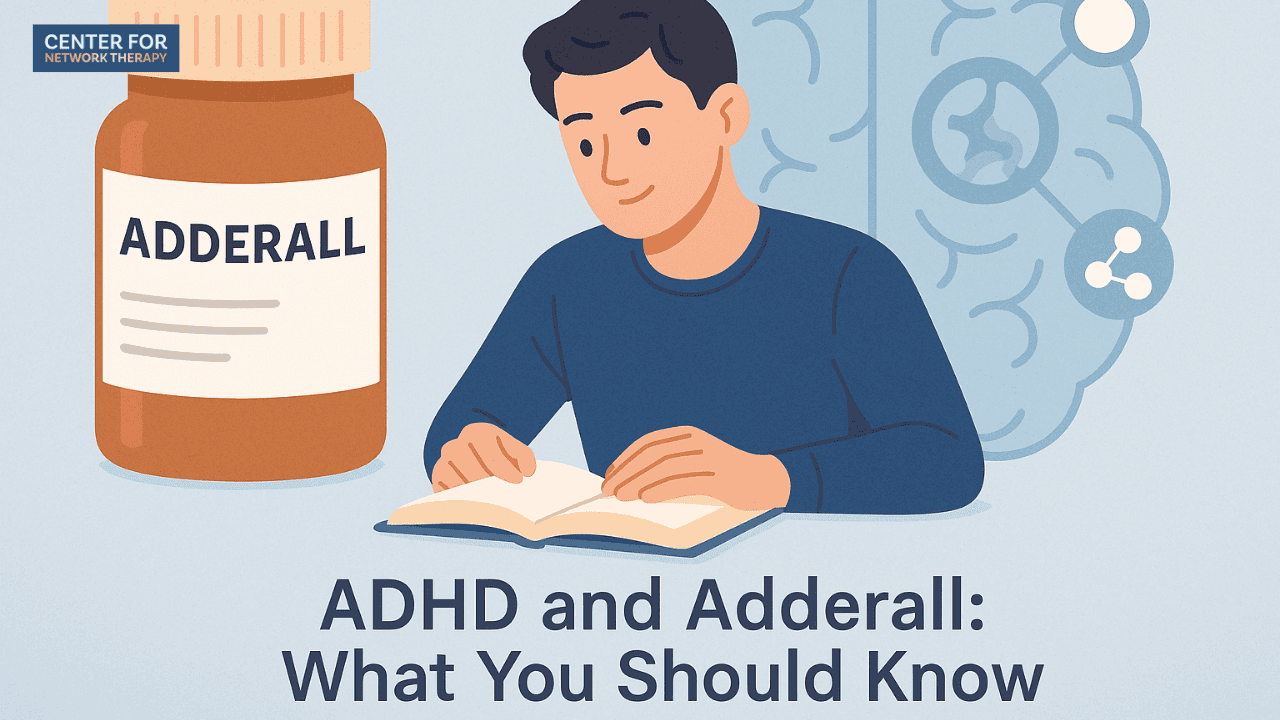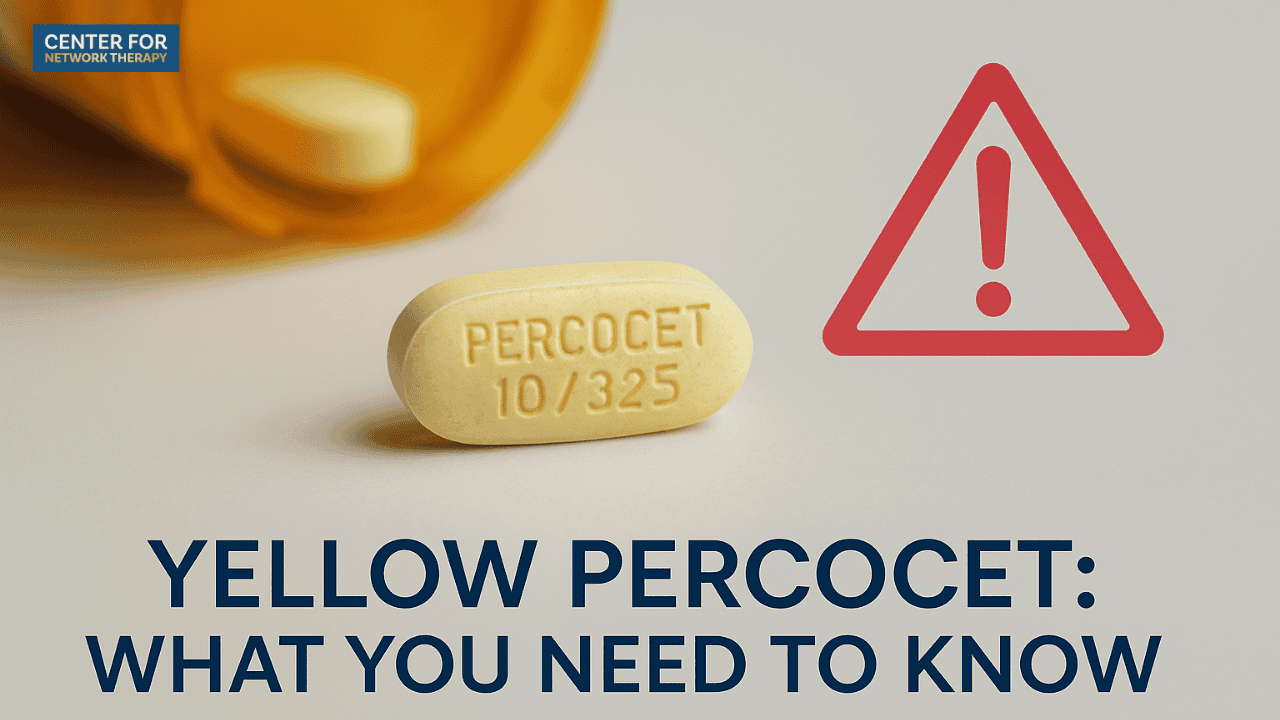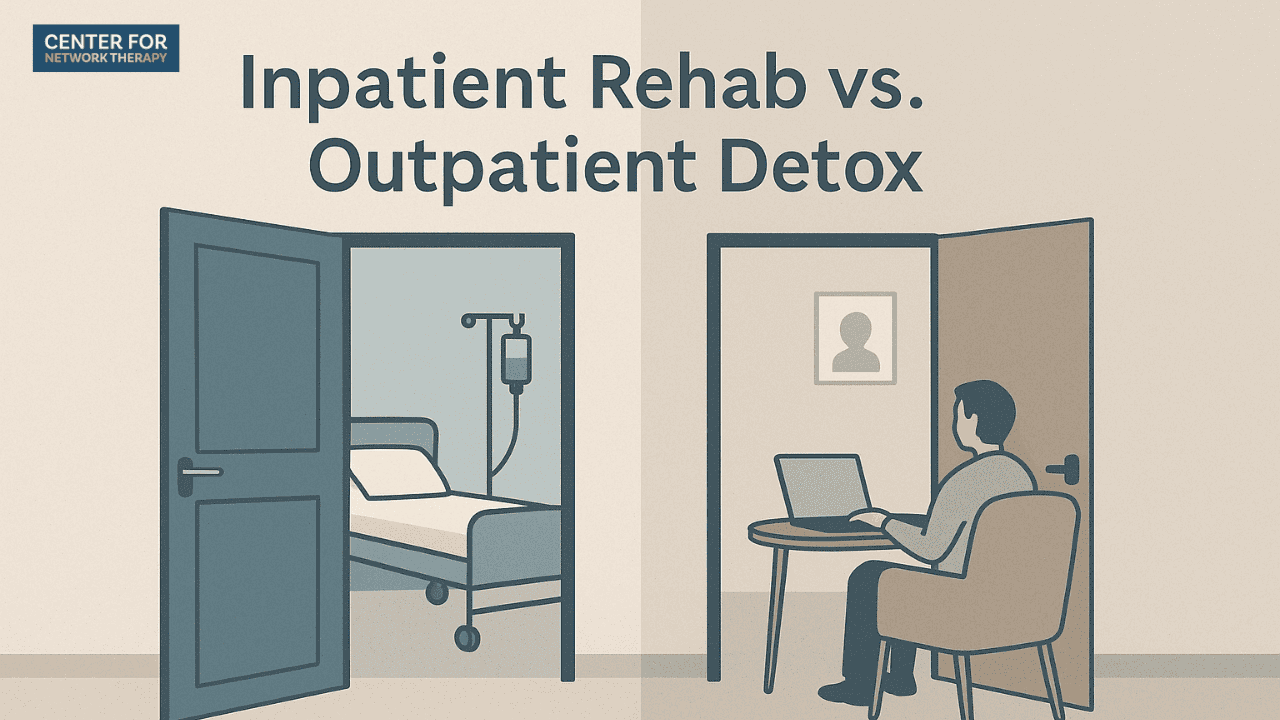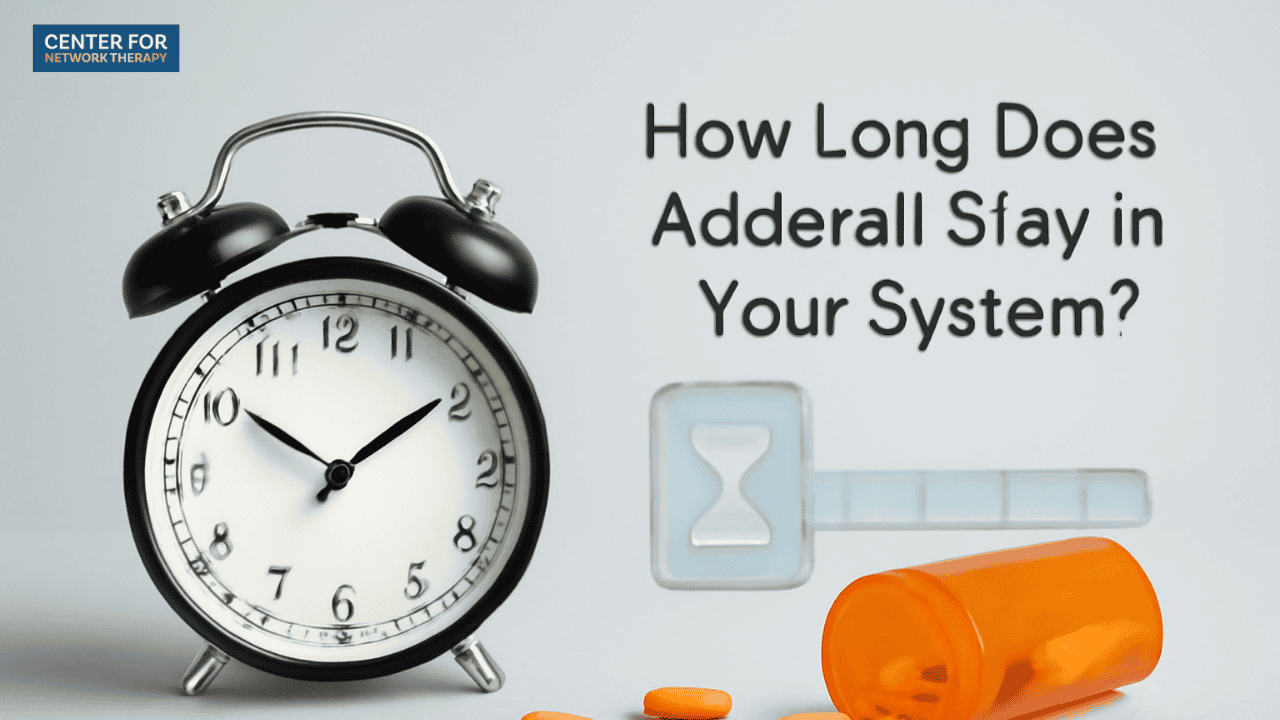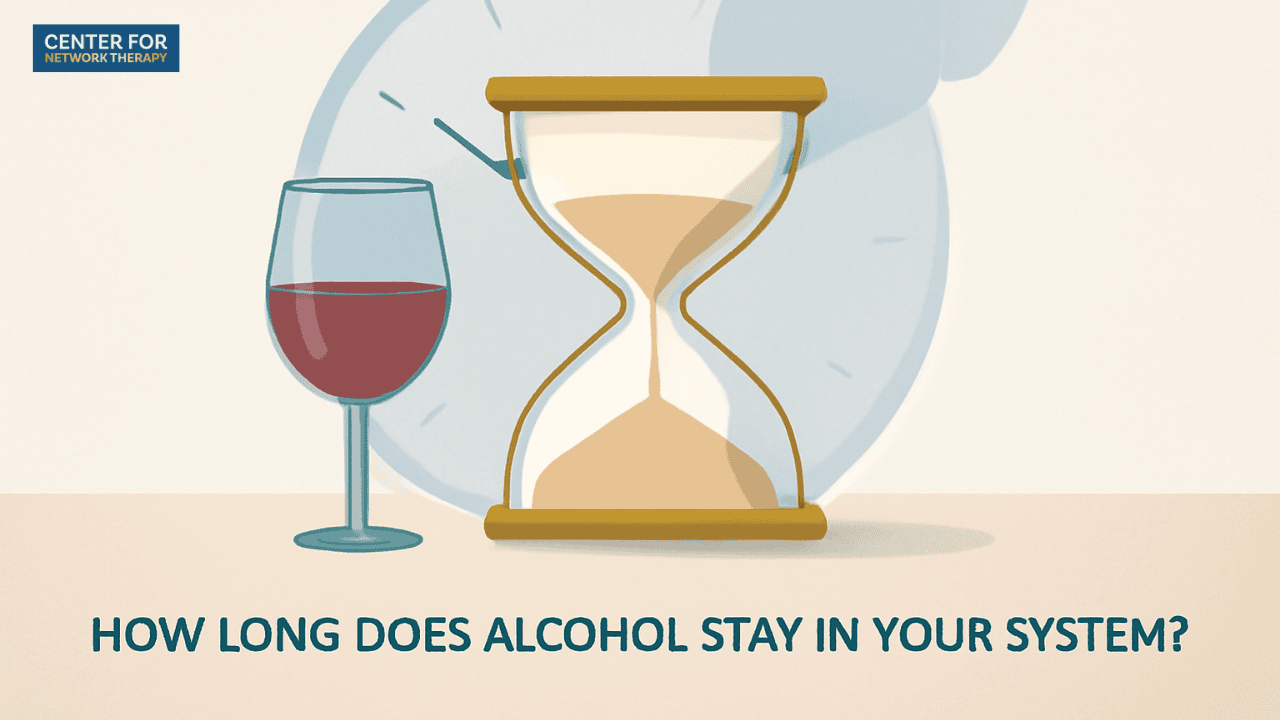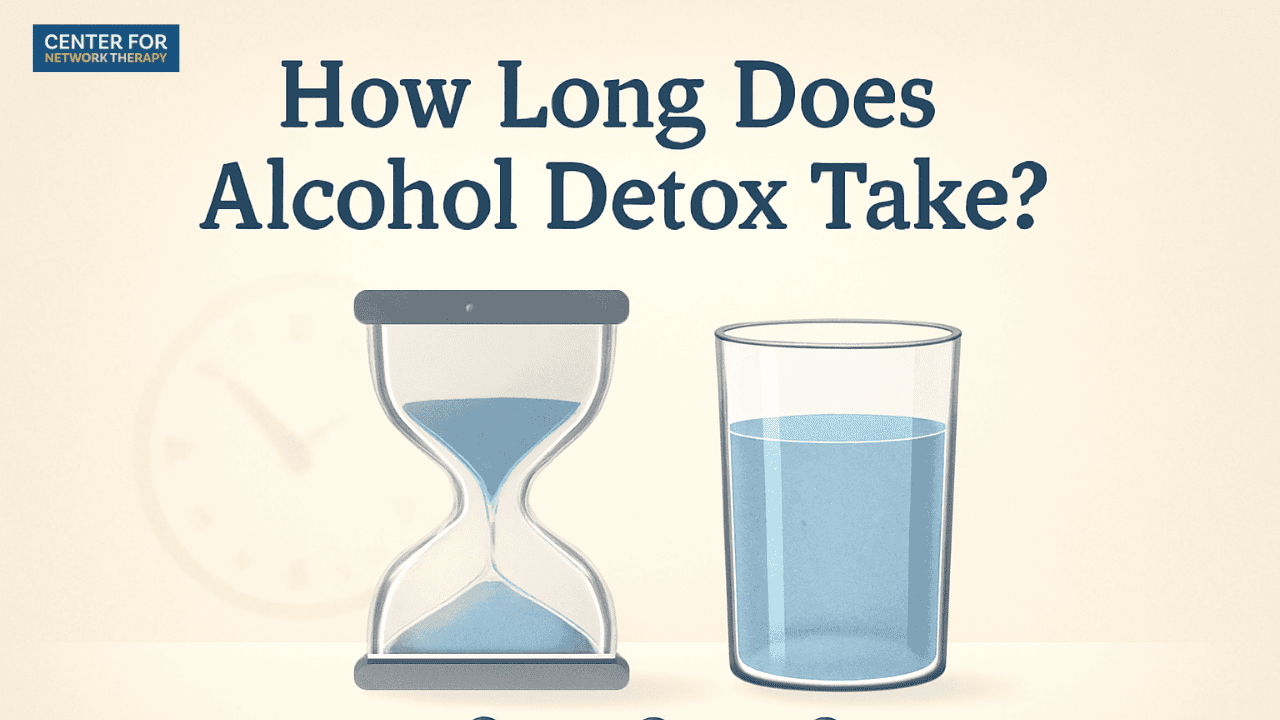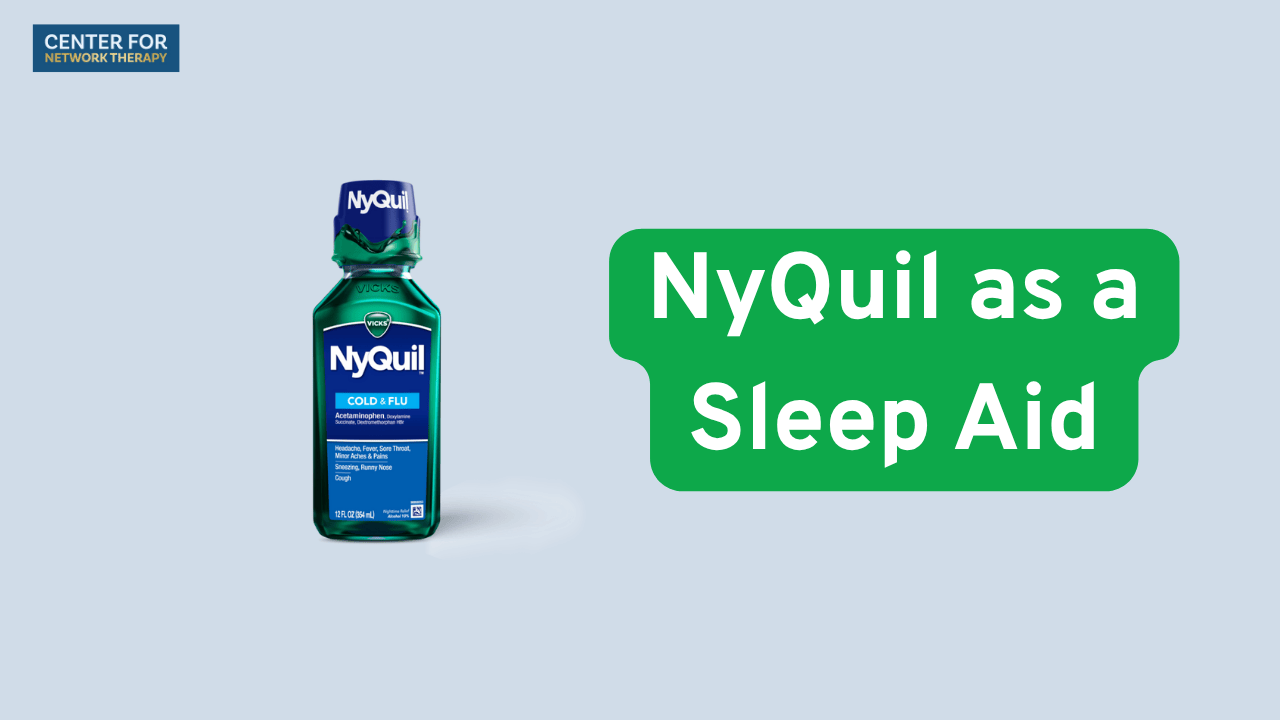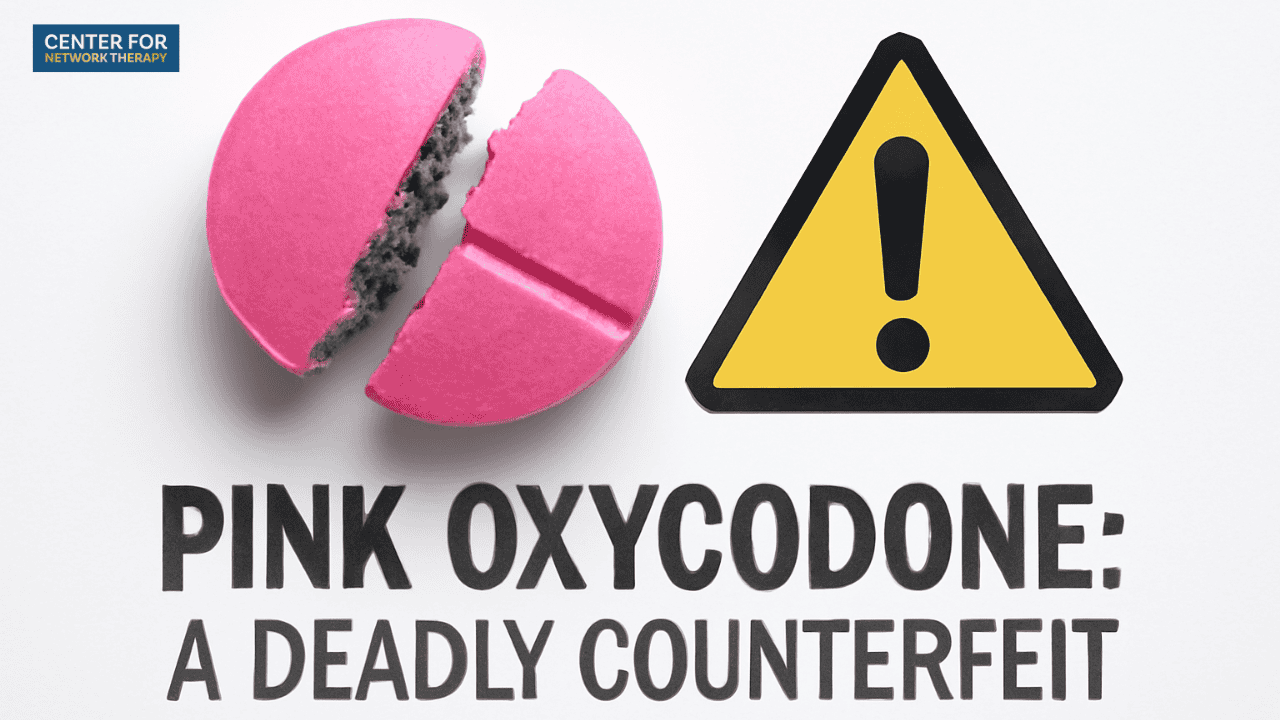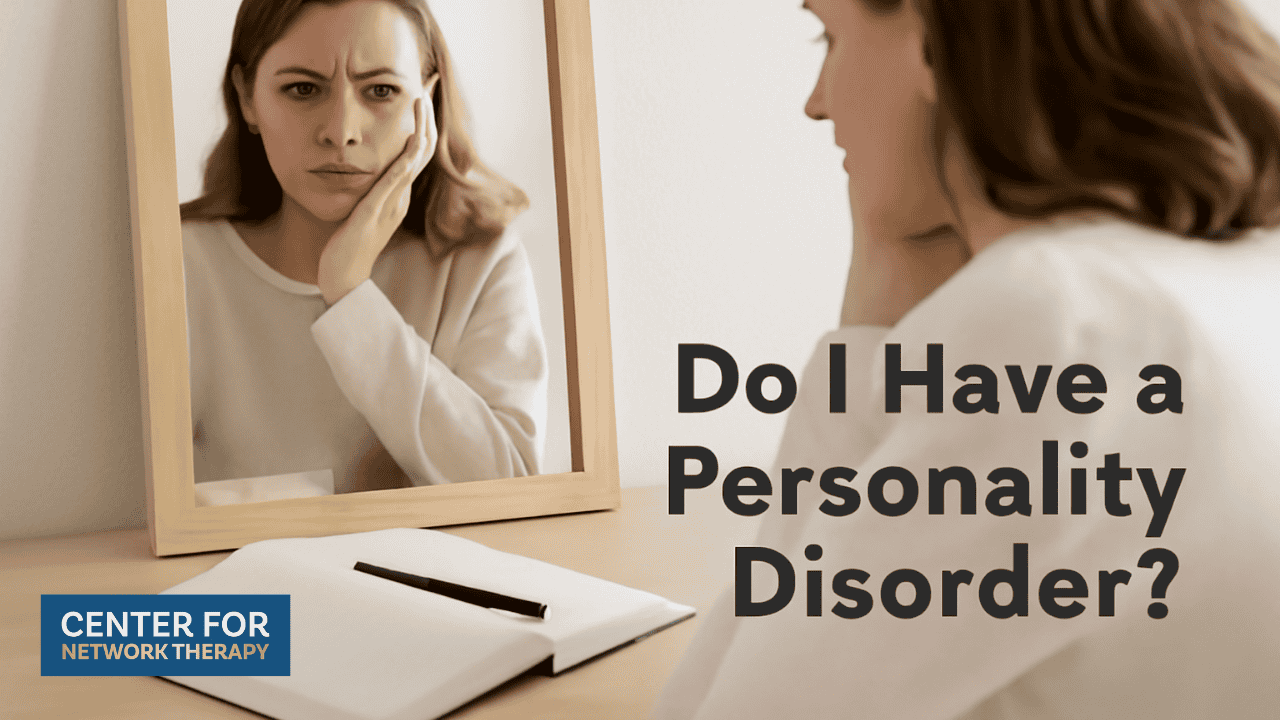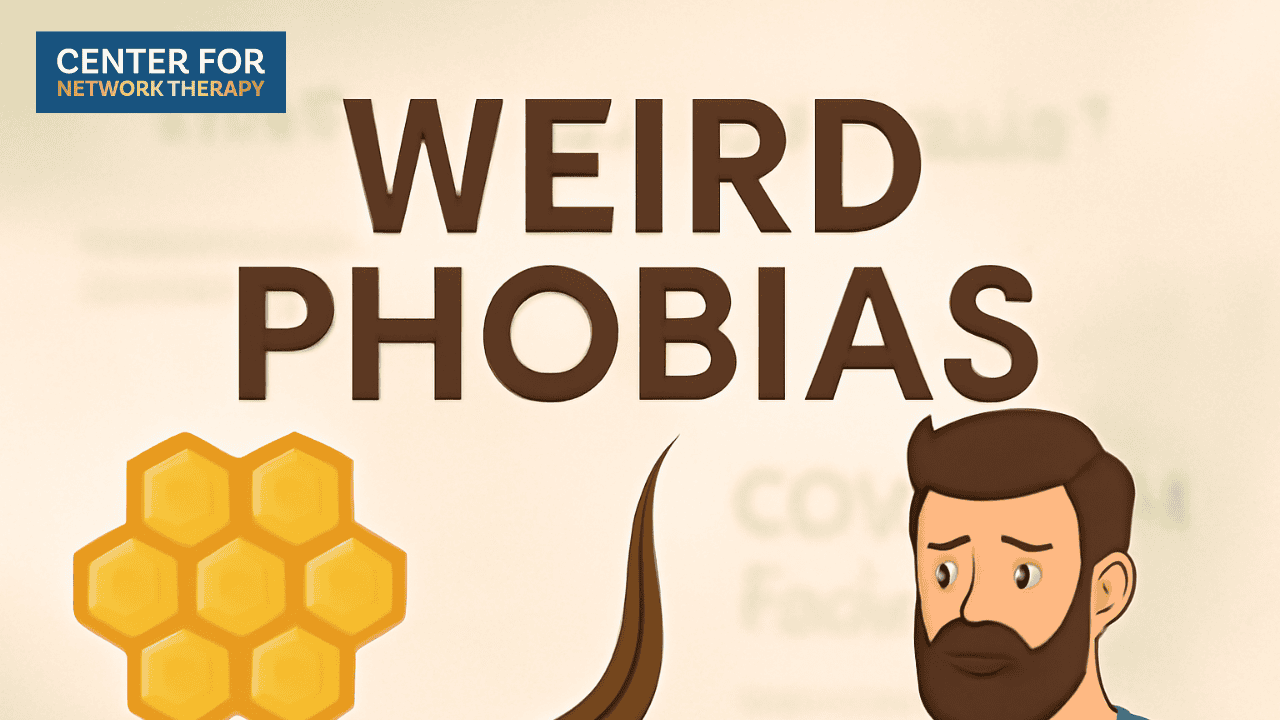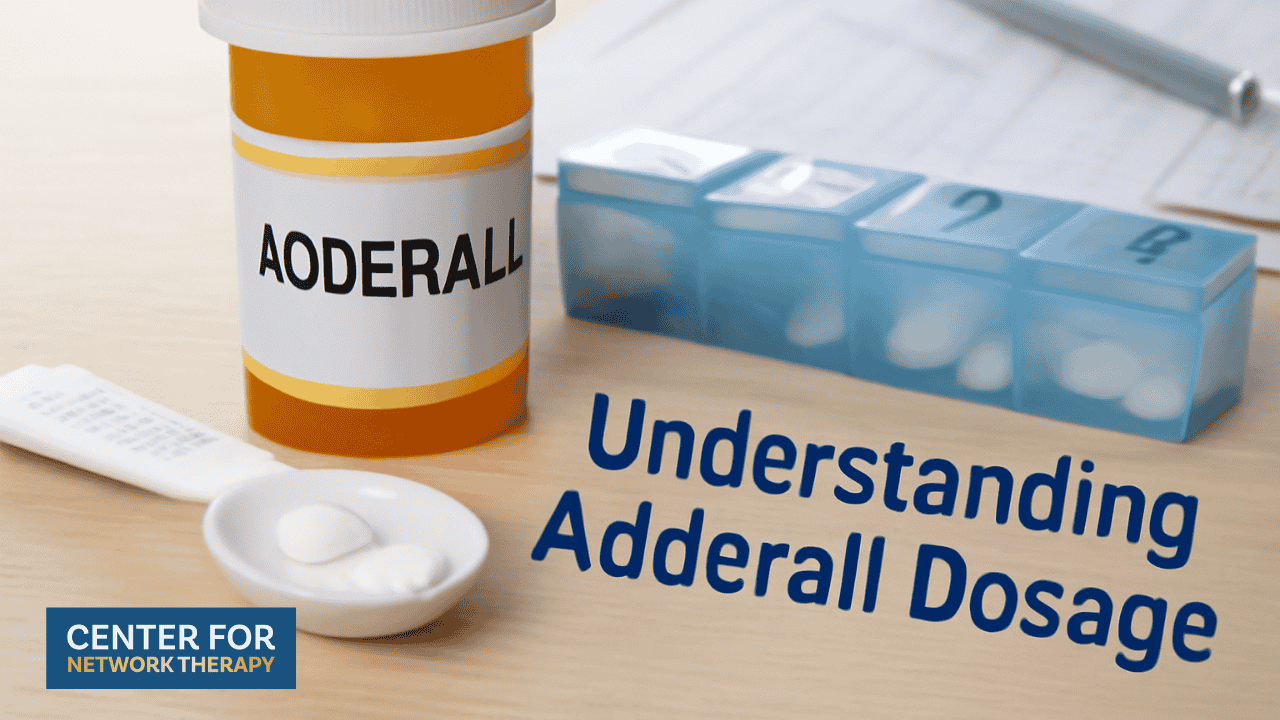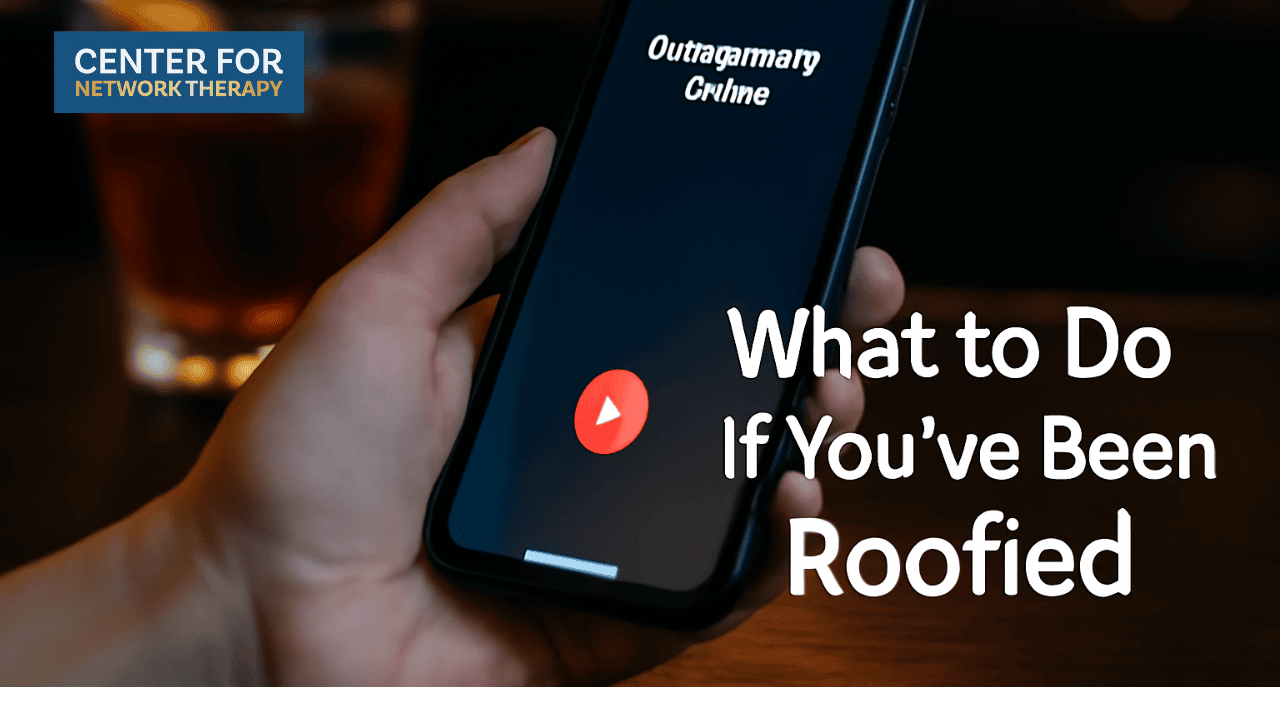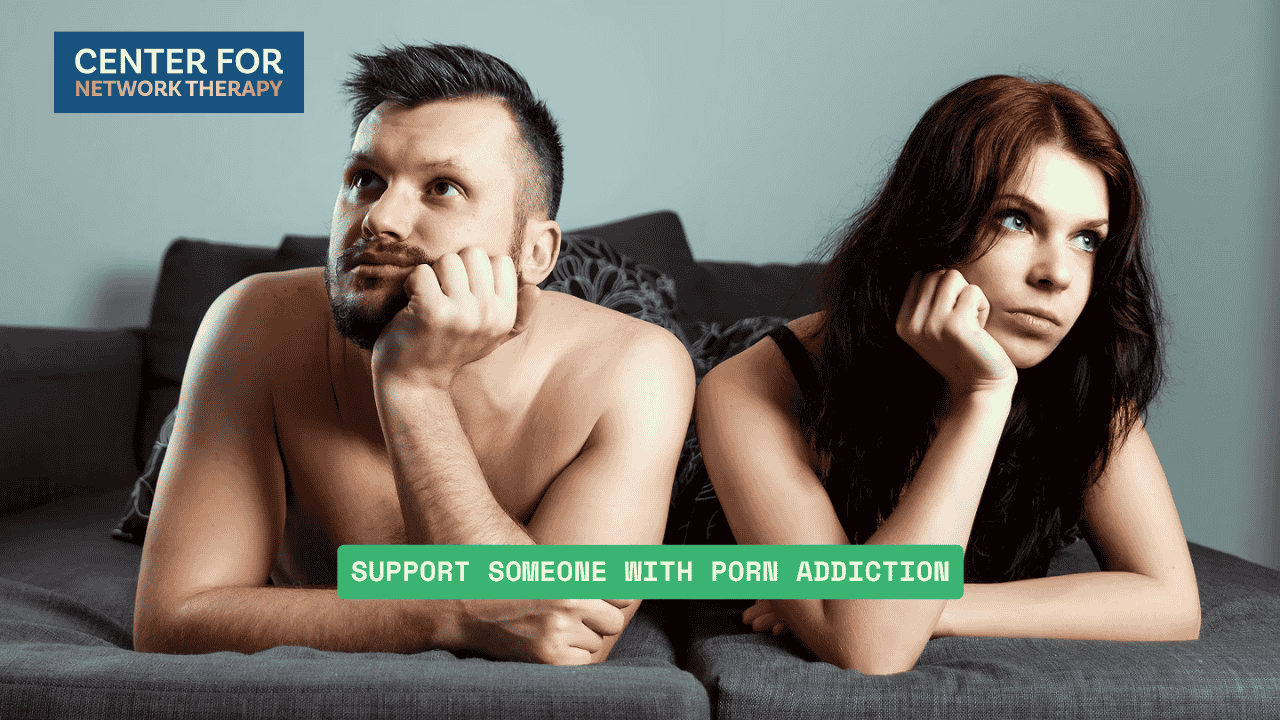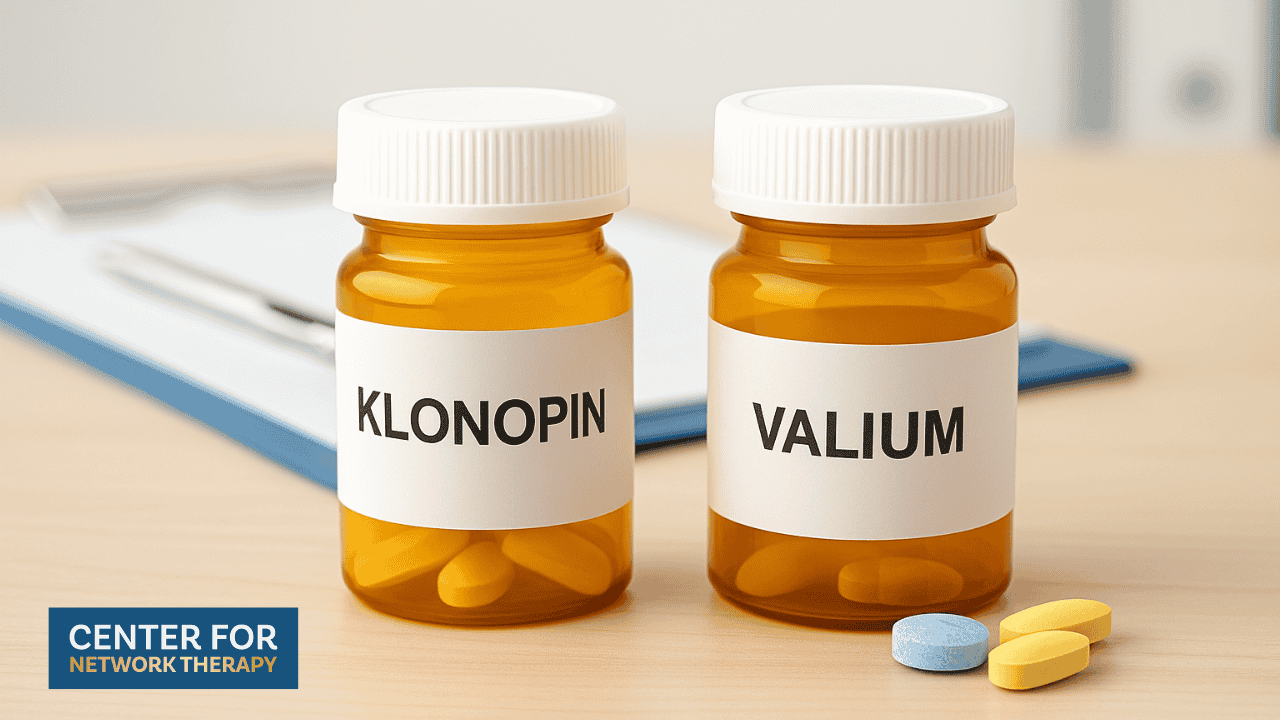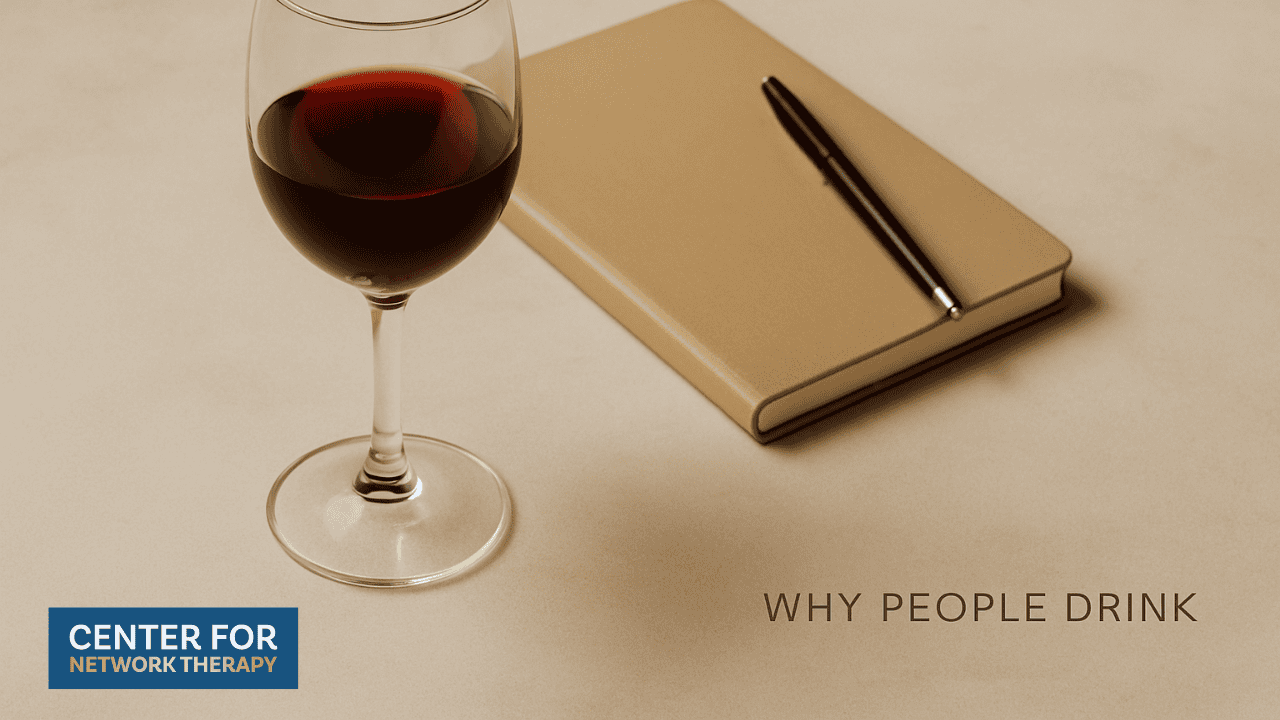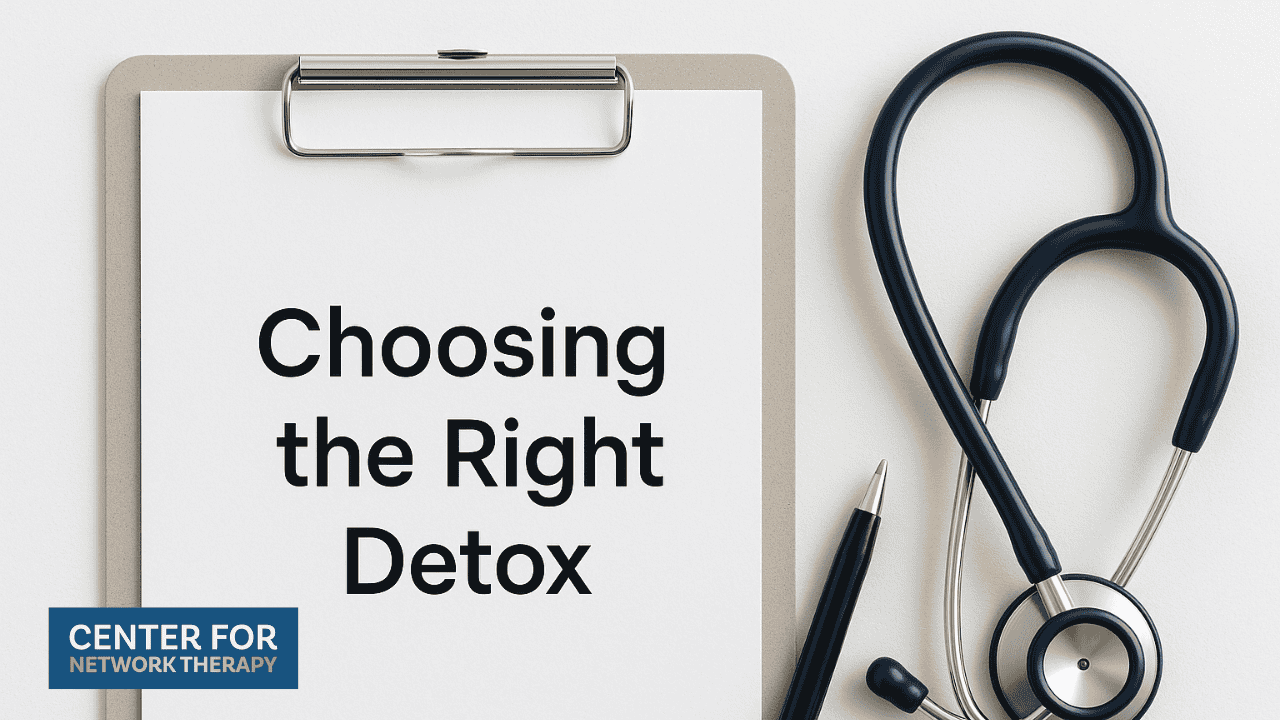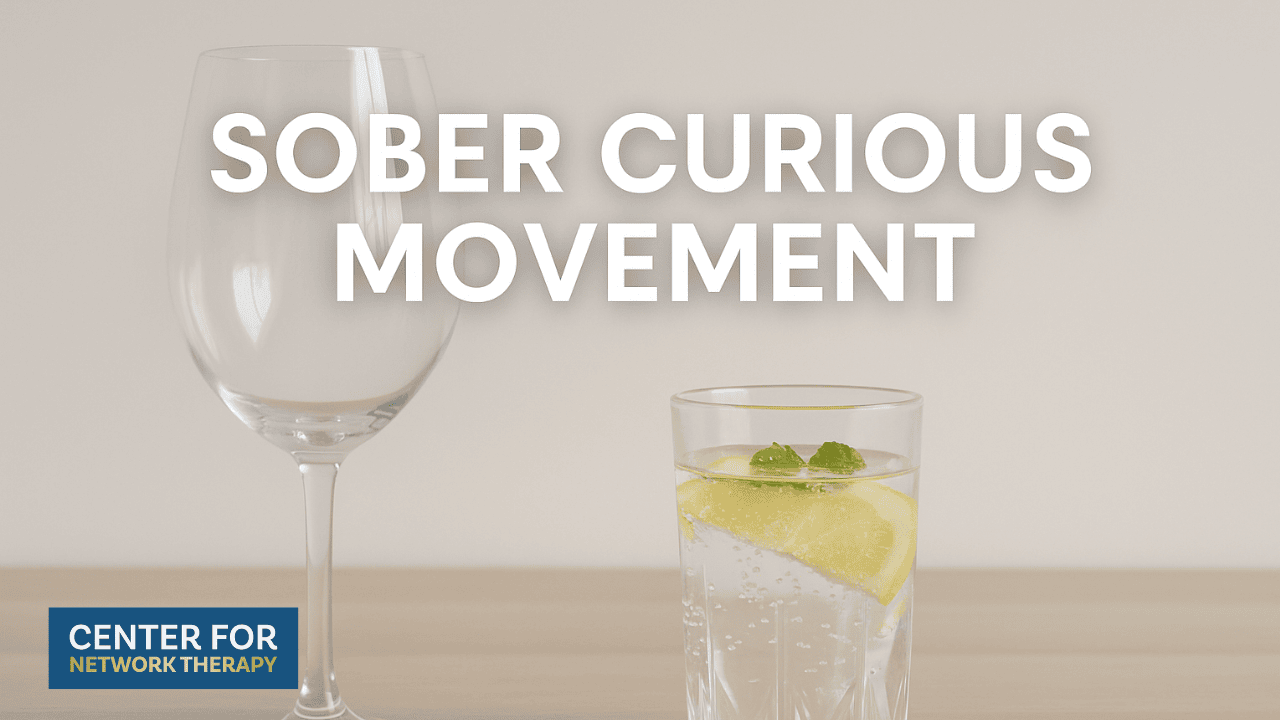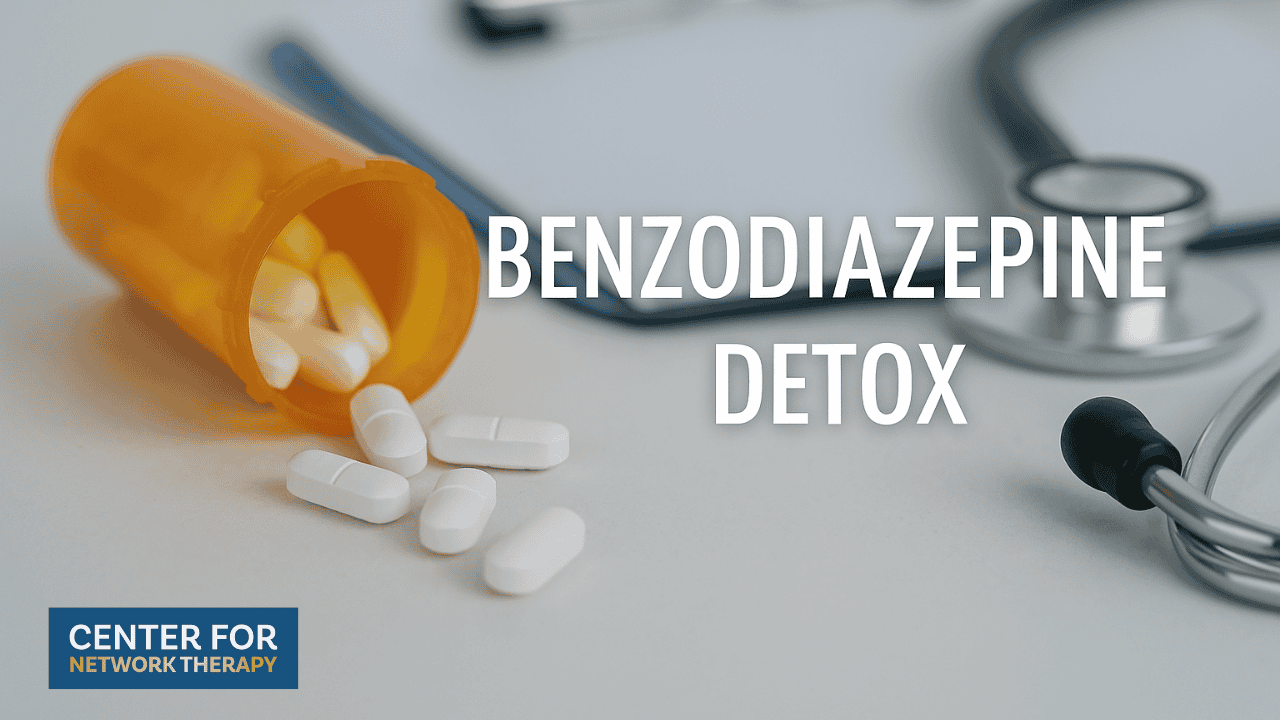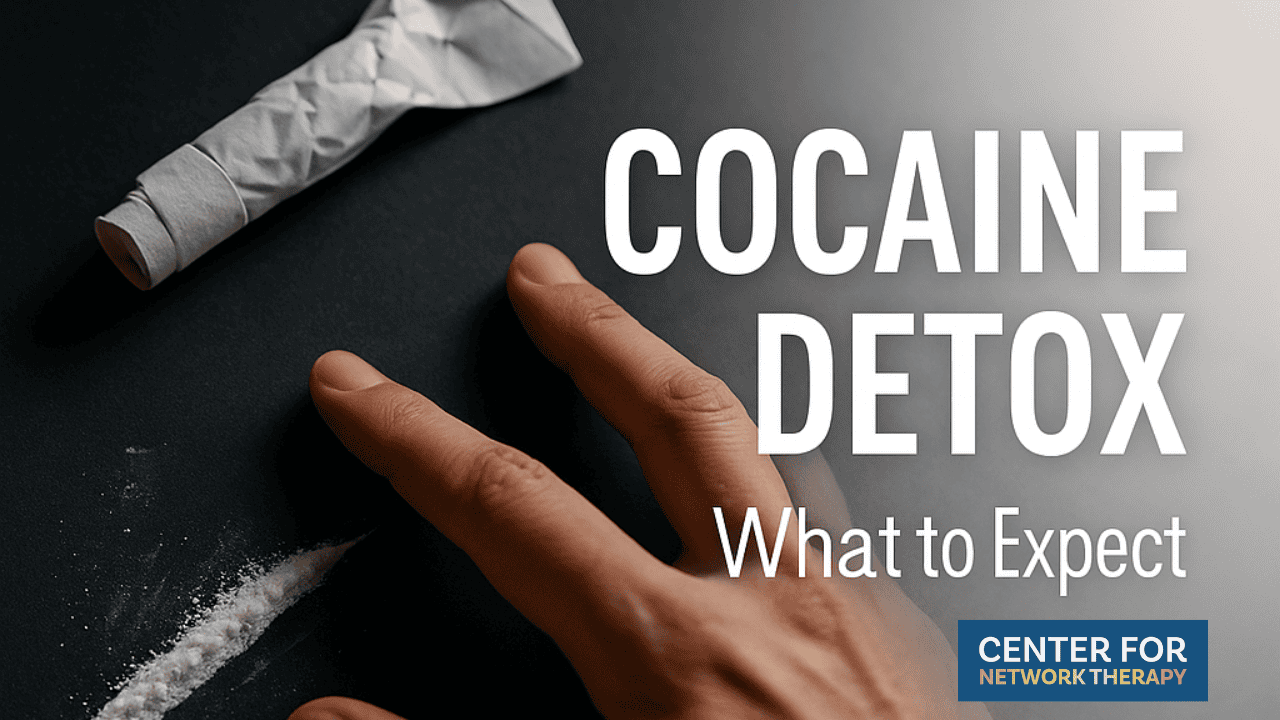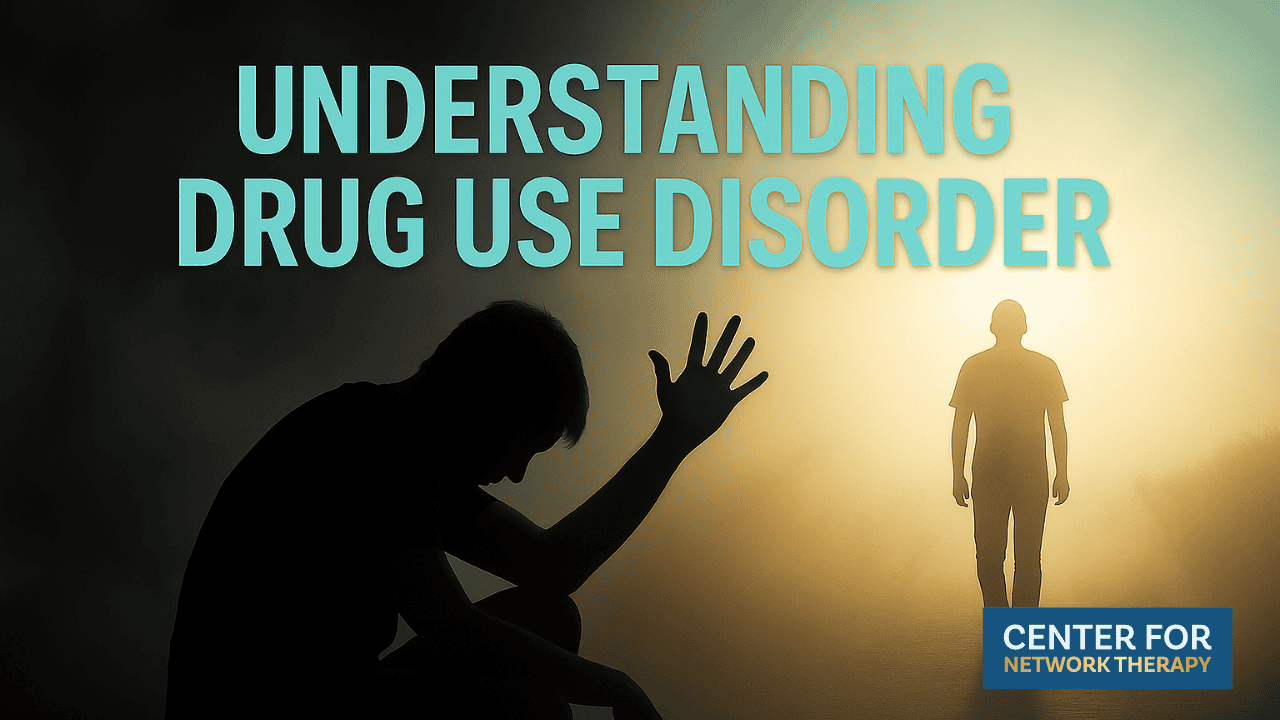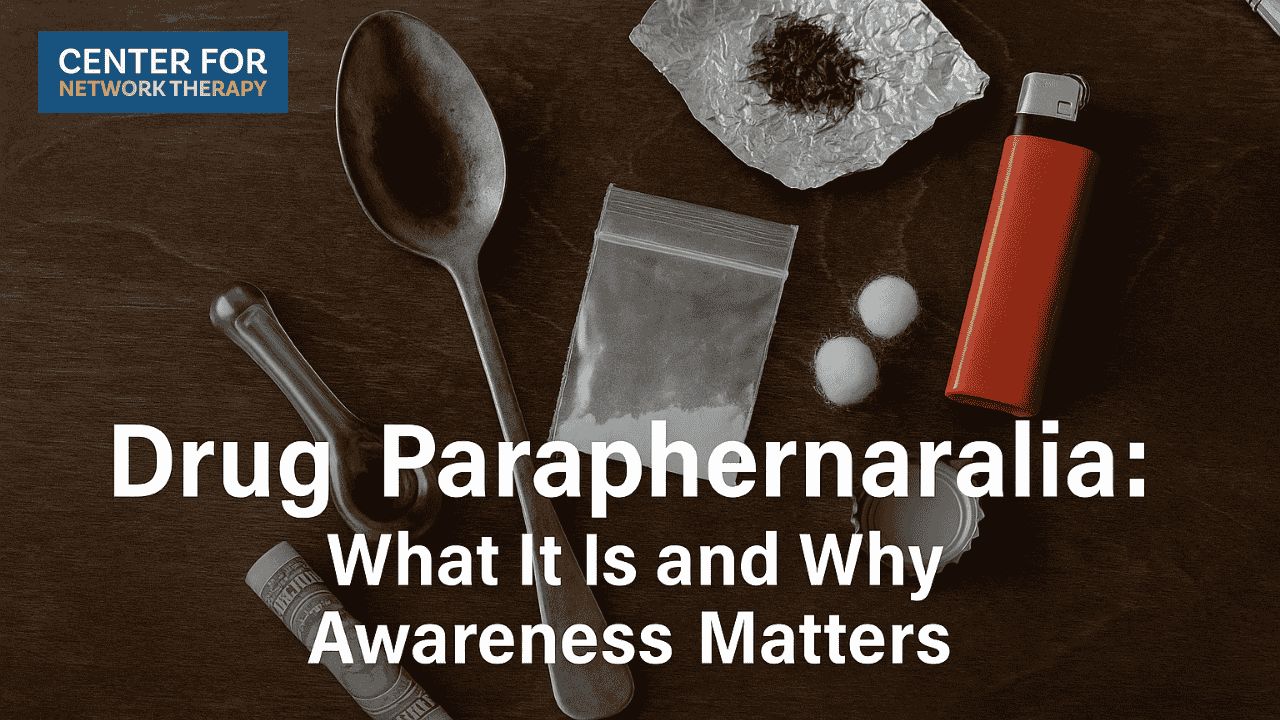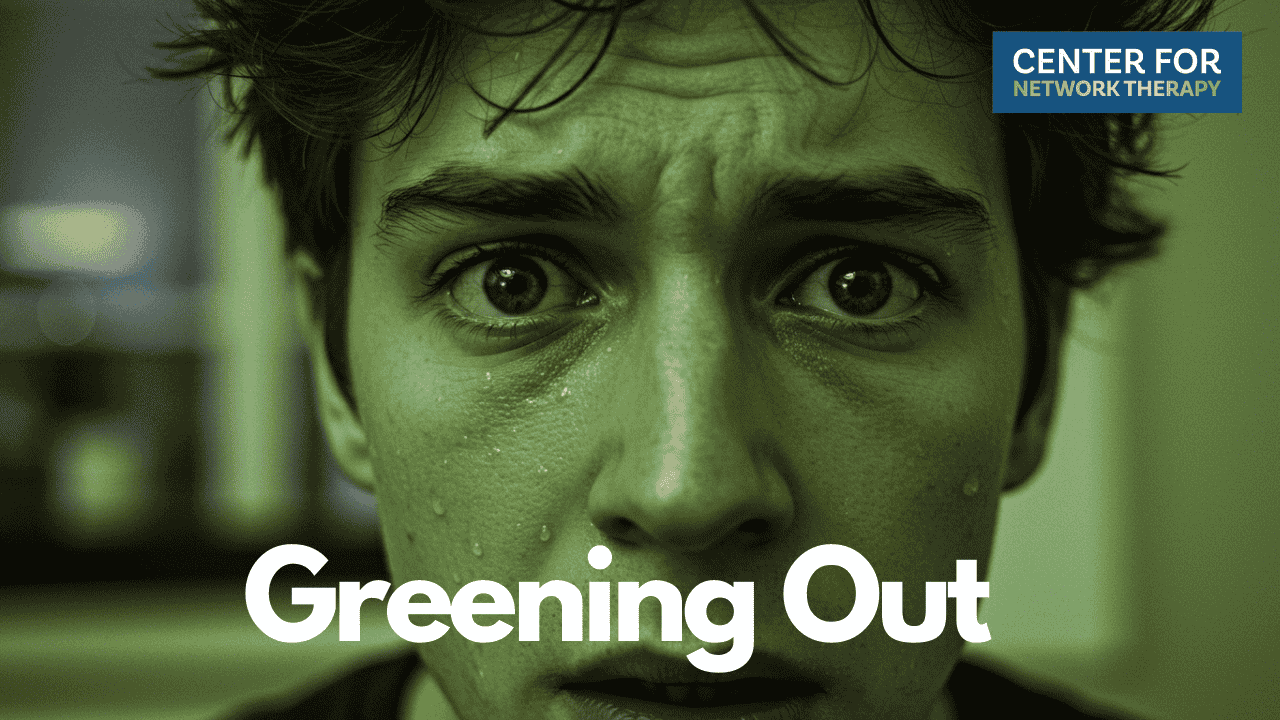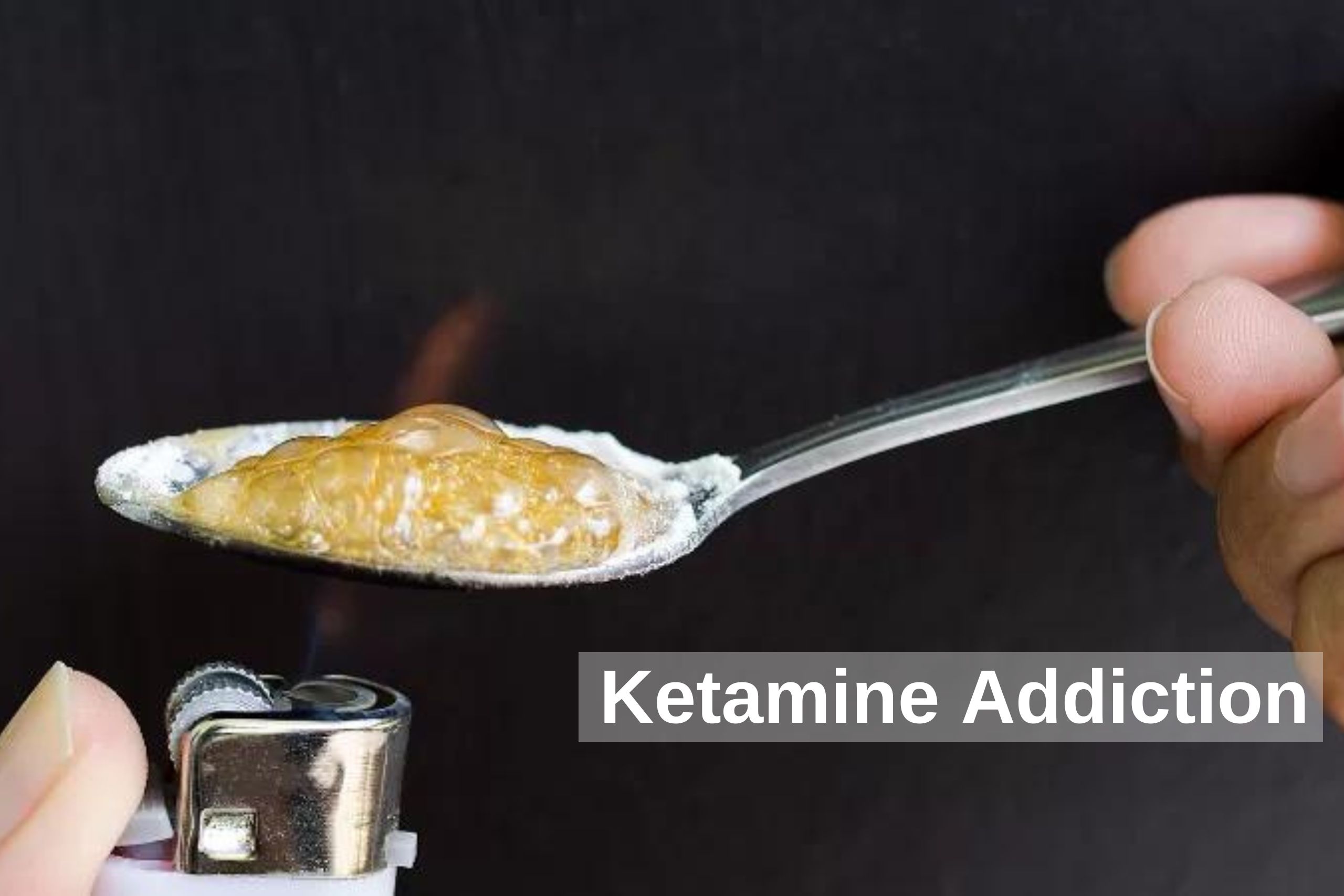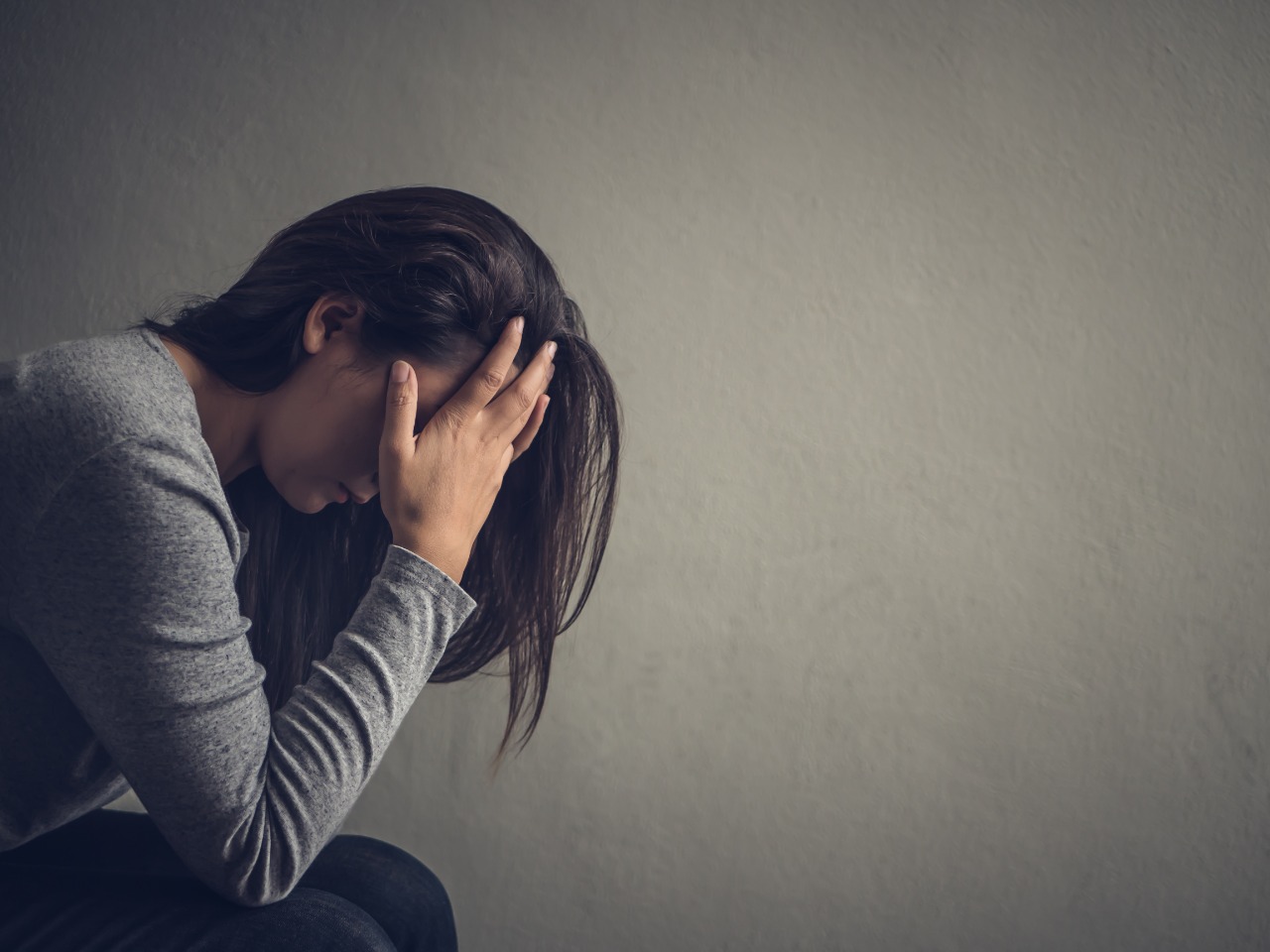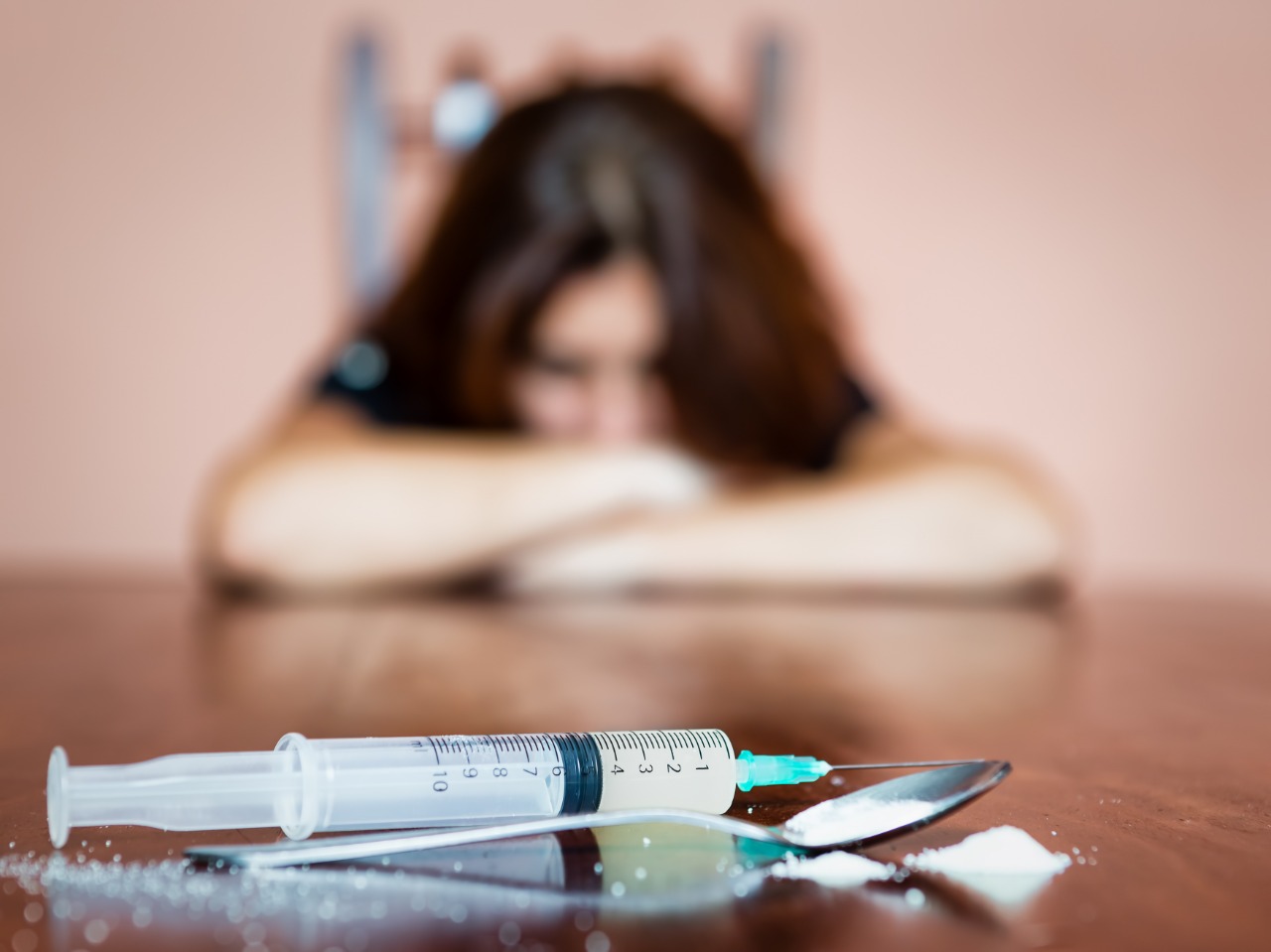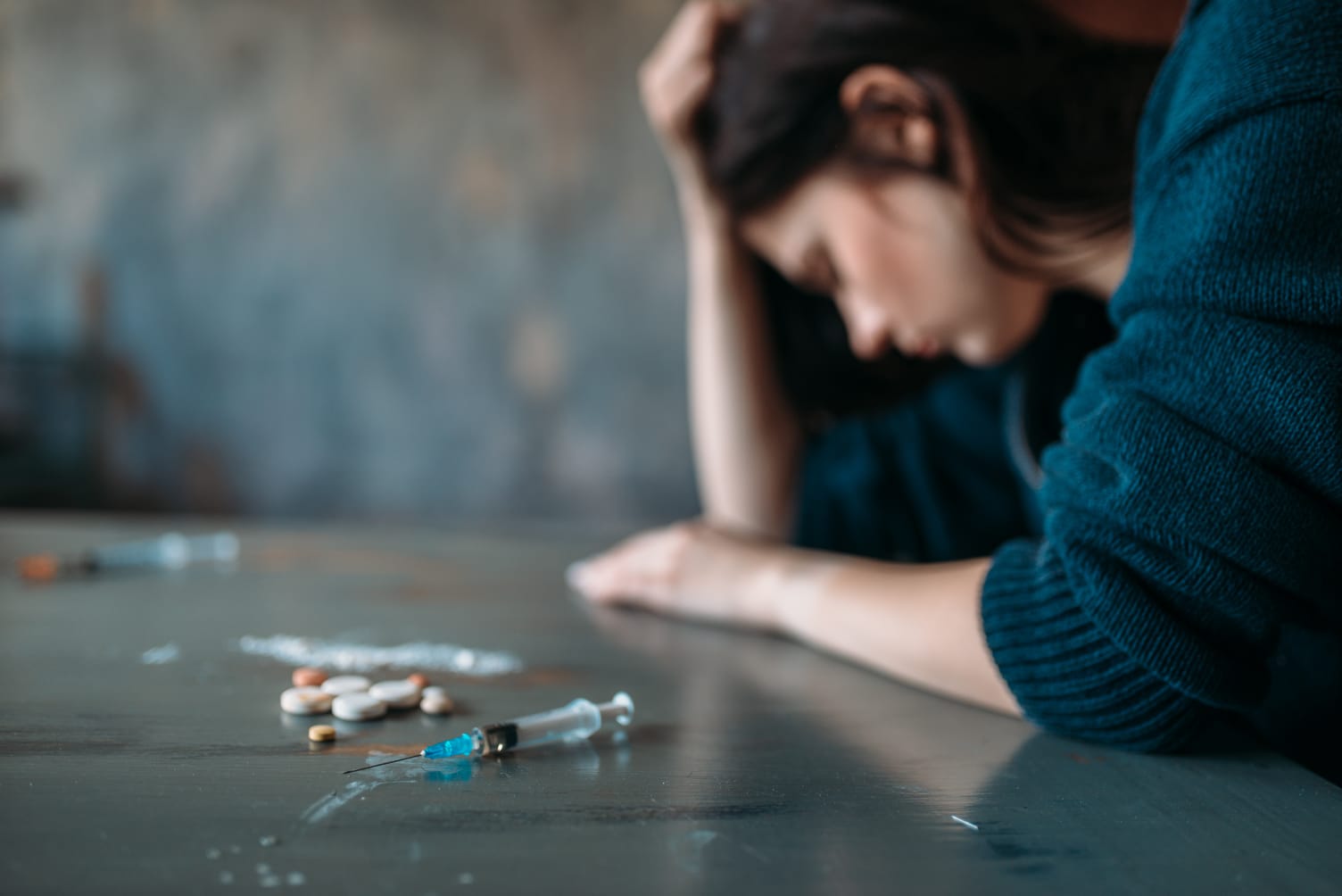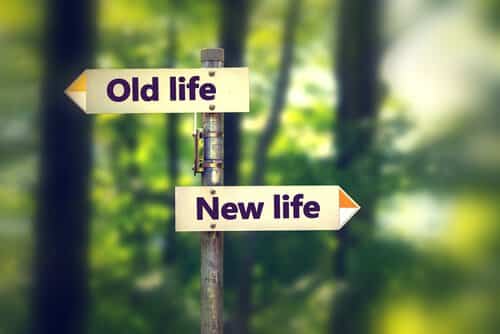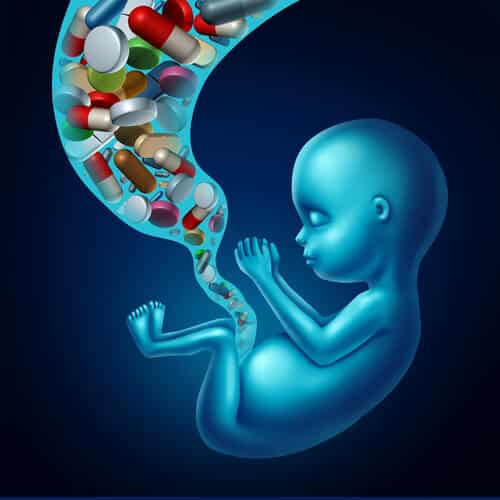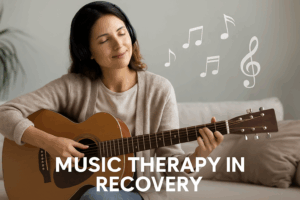
Can Music Therapy Support Recovery from Co-Occurring Disorders?
When we talk about recovery, we often think of medication, counseling, and detox. But for individuals living with both addiction and mental illness, a complex reality known as dual diagnosis healing can require a broader lens.
One such lens? Music.
A 2008 pilot study published in the Journal of Addictive Diseases explored how music therapy could serve as a motivational tool for people with co-occurring mental health and substance use disorders. While this was a small, non-randomized study, it offered a glimpse into how creative therapies might support traditional recovery paths.
Table of Contents
ToggleWhat the Study Explored
Researchers followed a group of inpatients with co-occurring disorders who were engaged in an integrated treatment program that included music therapy.
While there was no control group for comparison, the outcomes were encouraging. Participants who took part in music therapy showed improved engagement and retention, two factors often linked to better long-term outcomes in recovery.
Why It May Help
For individuals with dual diagnoses, recovery is often complicated by emotional numbness, poor motivation, or difficulty opening up. Music therapy doesn’t demand performance; it invites presence. Whether through listening, playing, or even writing lyrics, the process can:
- Lower emotional defenses
- Support mood regulation
- Offer new ways to process feelings
- Foster a sense of connection
In clinical spaces where trust and self-expression are hard-earned, music therapy may act as a bridge.
Where It Fits In
At the Center for Network Therapy, we focus on evidence-based outpatient detox and recovery support. While we do not currently offer music therapy as a service, we respect its emerging role in dual diagnosis care. Many treatment programs, particularly inpatient or residential ones, may include complementary therapies like music, art, or mindfulness as part of a more holistic approach.
If you’re seeking treatment for co-occurring disorders, it’s okay to ask about therapies that go beyond the clinical. Your recovery is personal, and finding the methods that speak to you can make a difference.
Recovery Isn’t One-Size-Fits-All
Healing doesn’t always follow a straight path. Sometimes, it moves to a rhythm that words alone can’t express. Whether through therapy, community, or even music, what matters is finding what helps you keep going.
📞 Call us at 732-484-9661
📝 Or take our confidential detox quiz.



